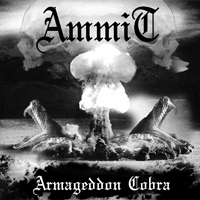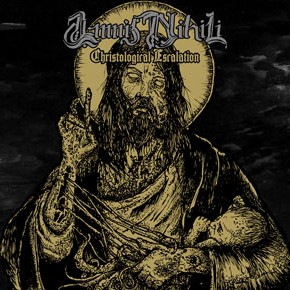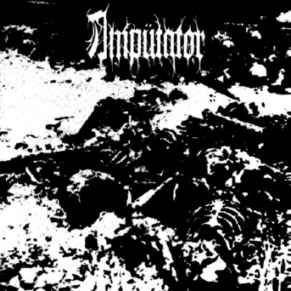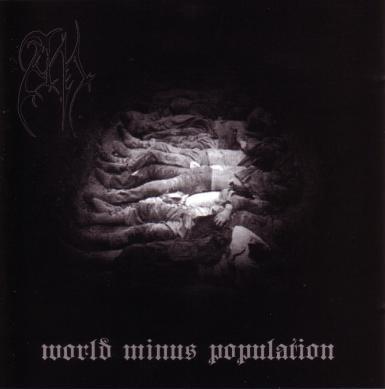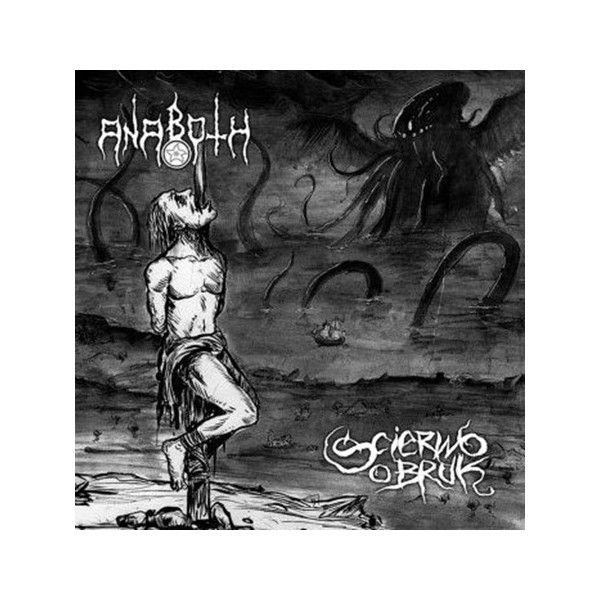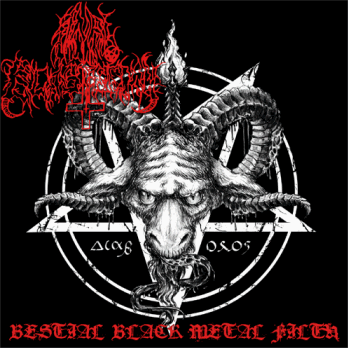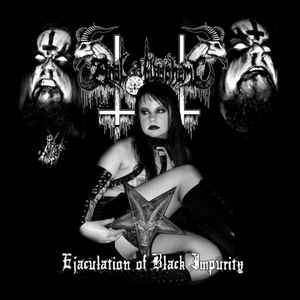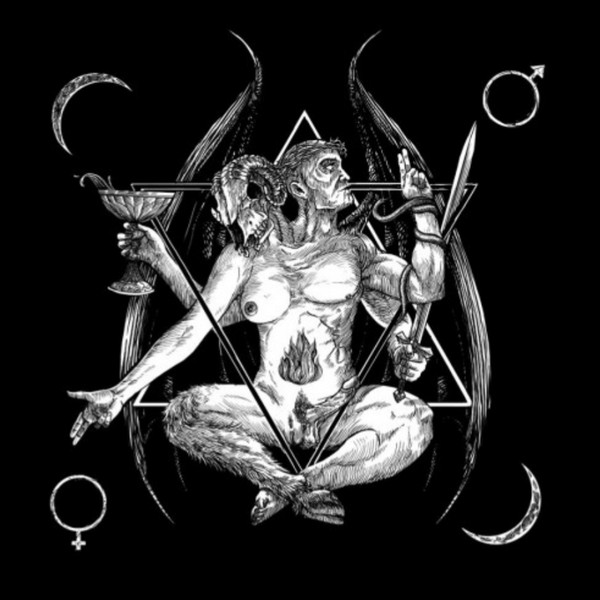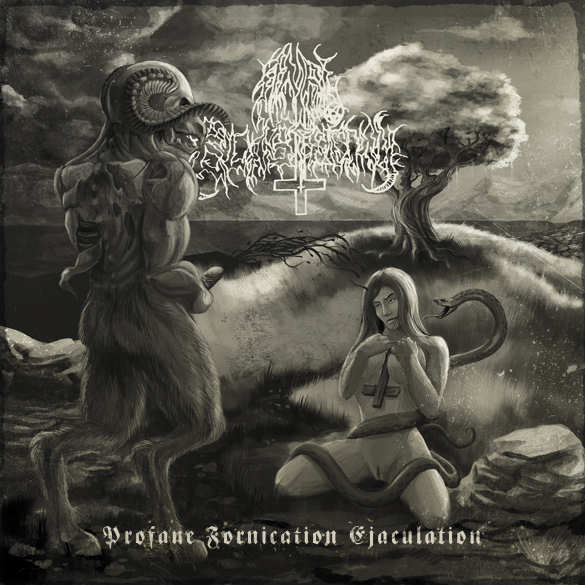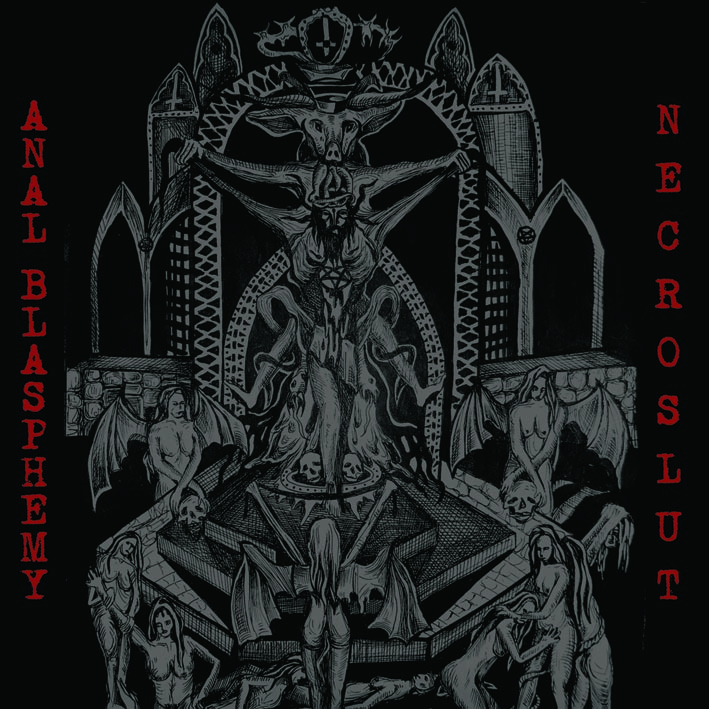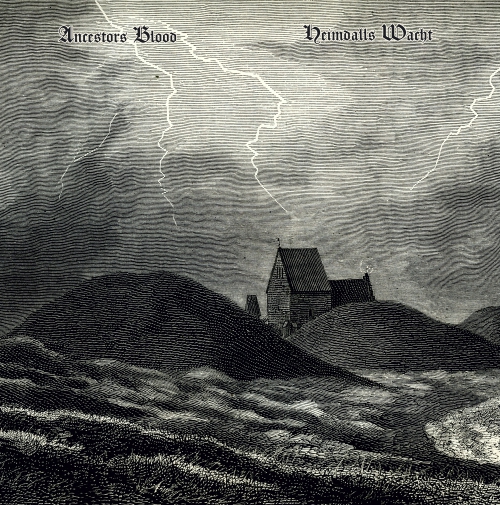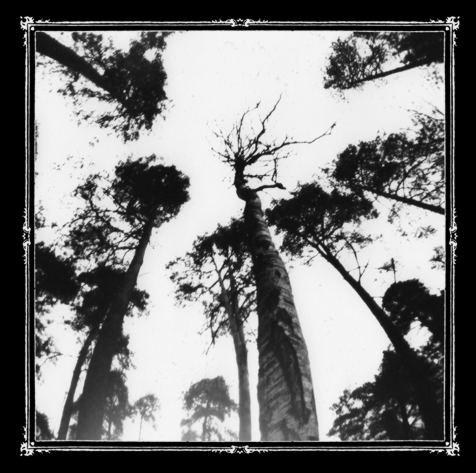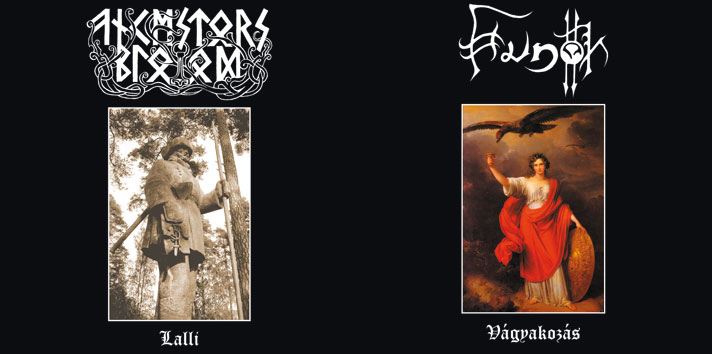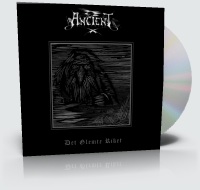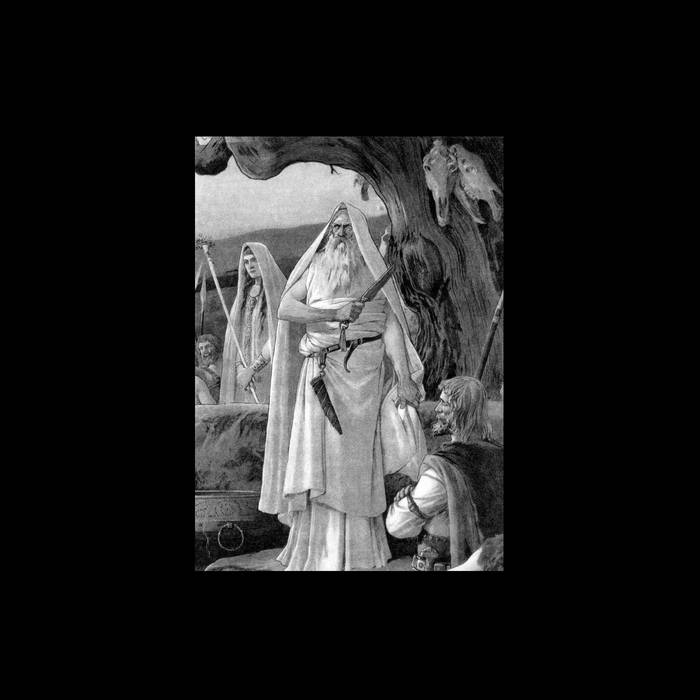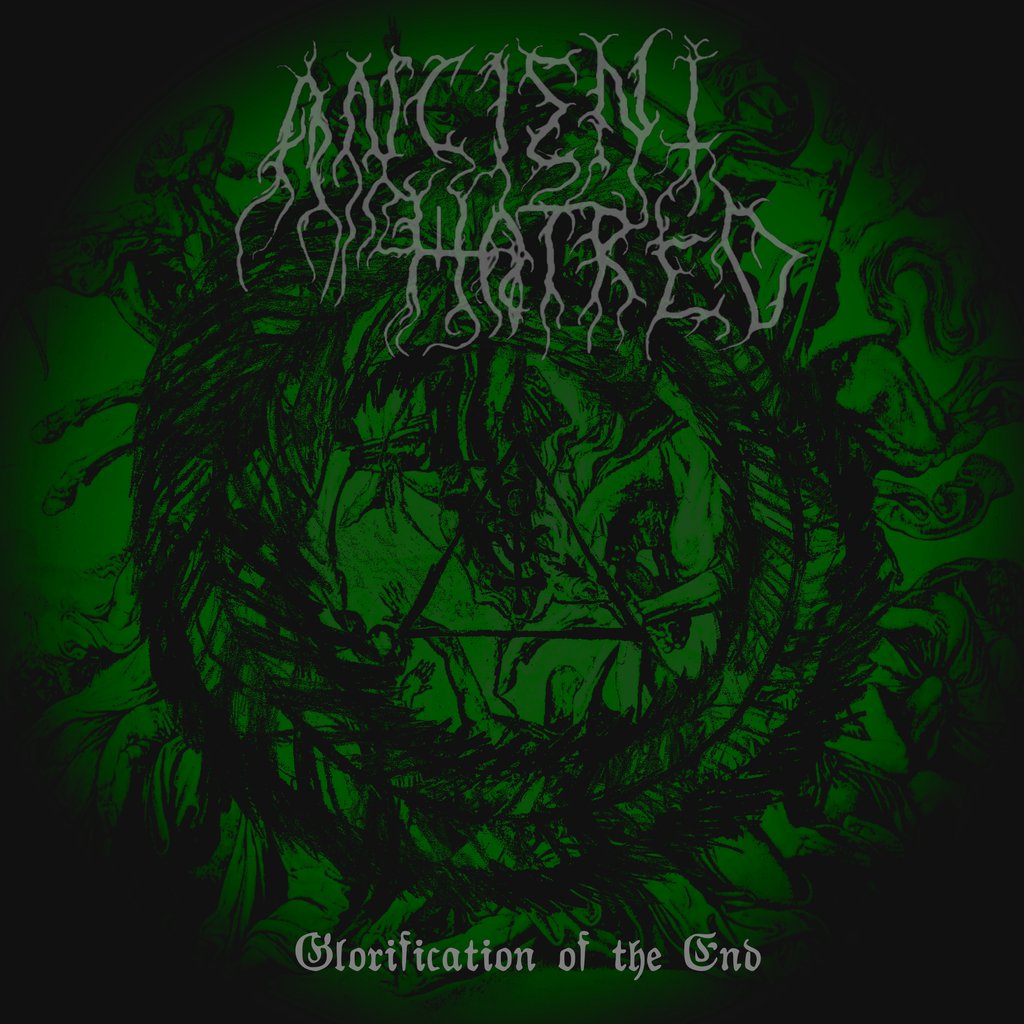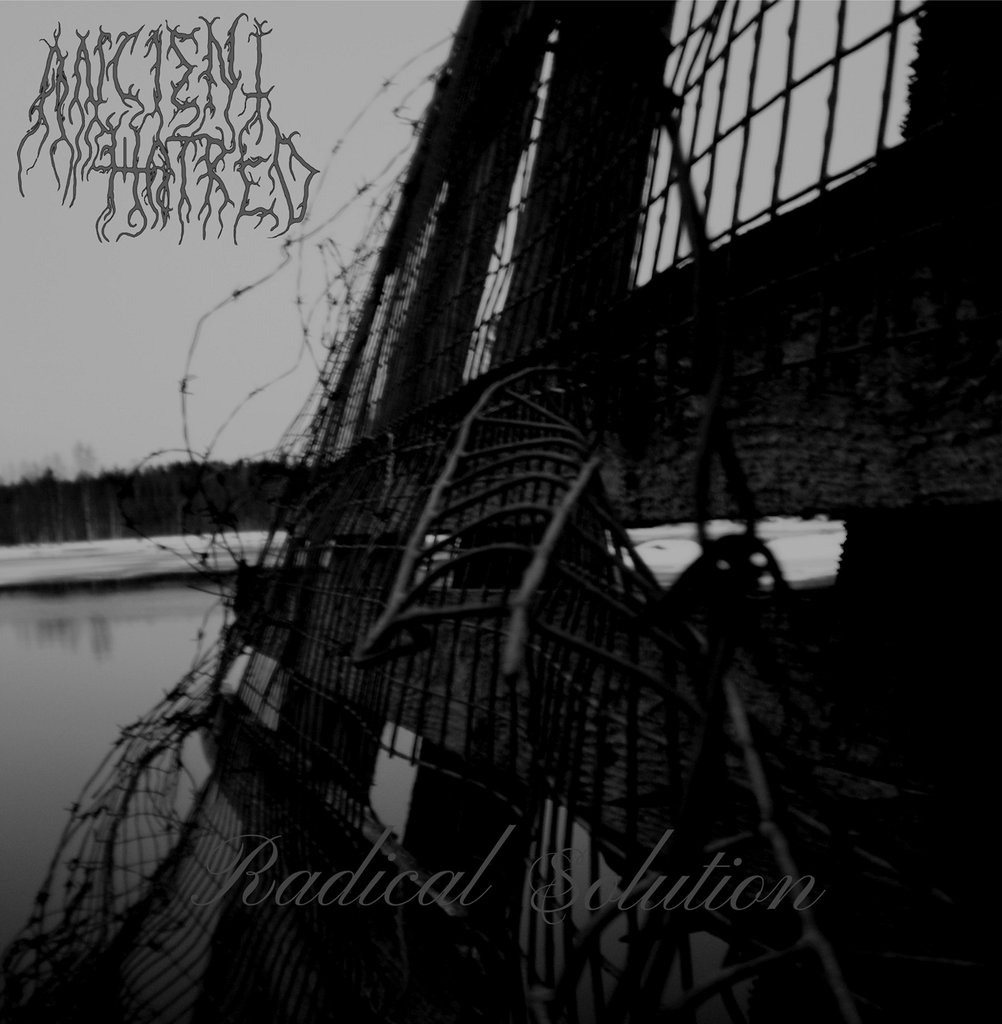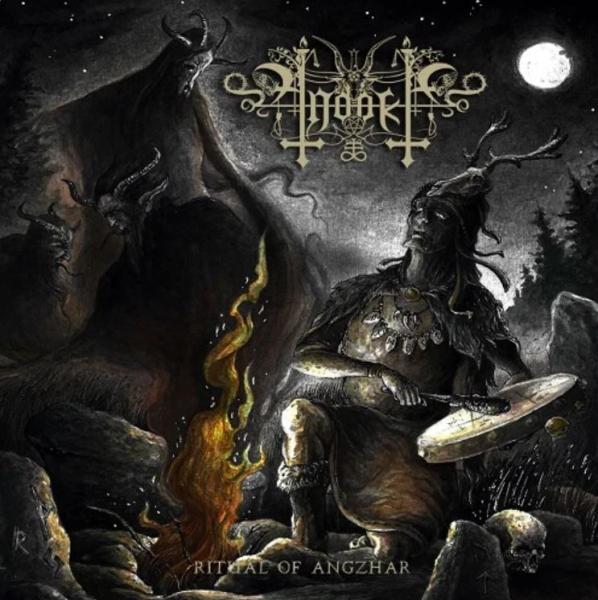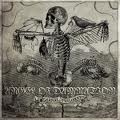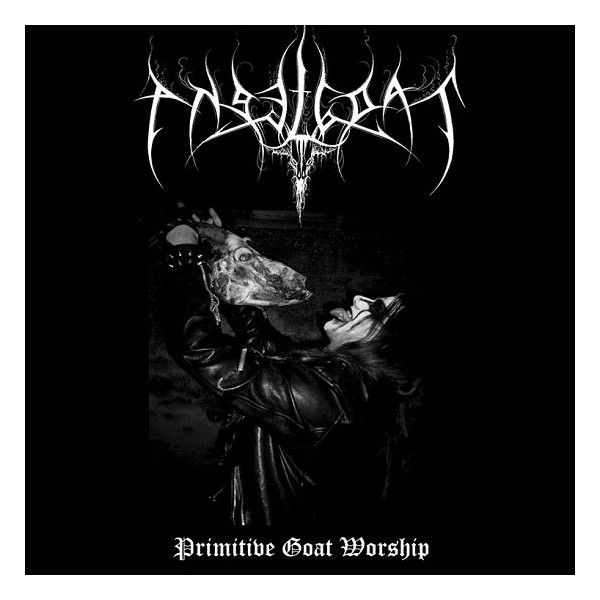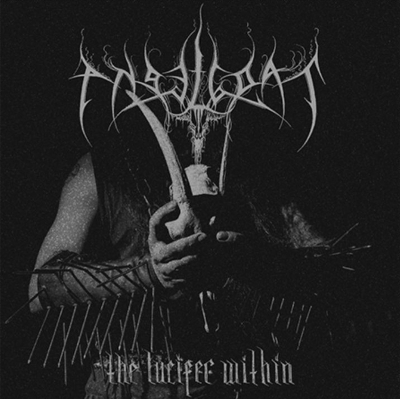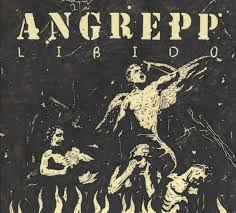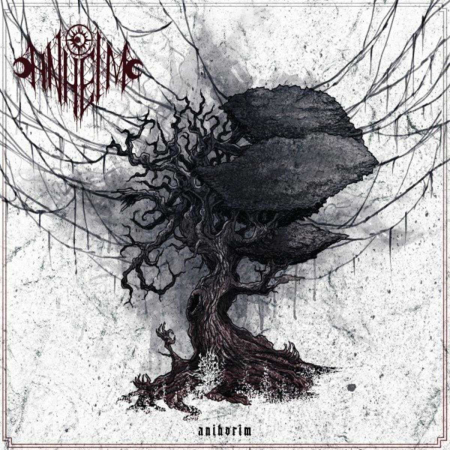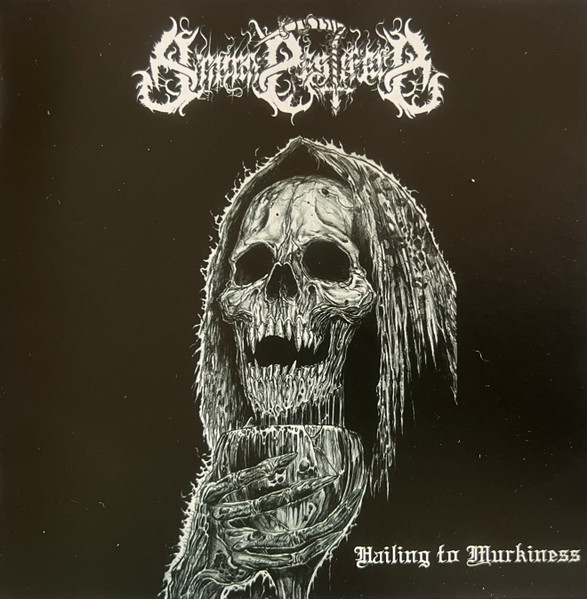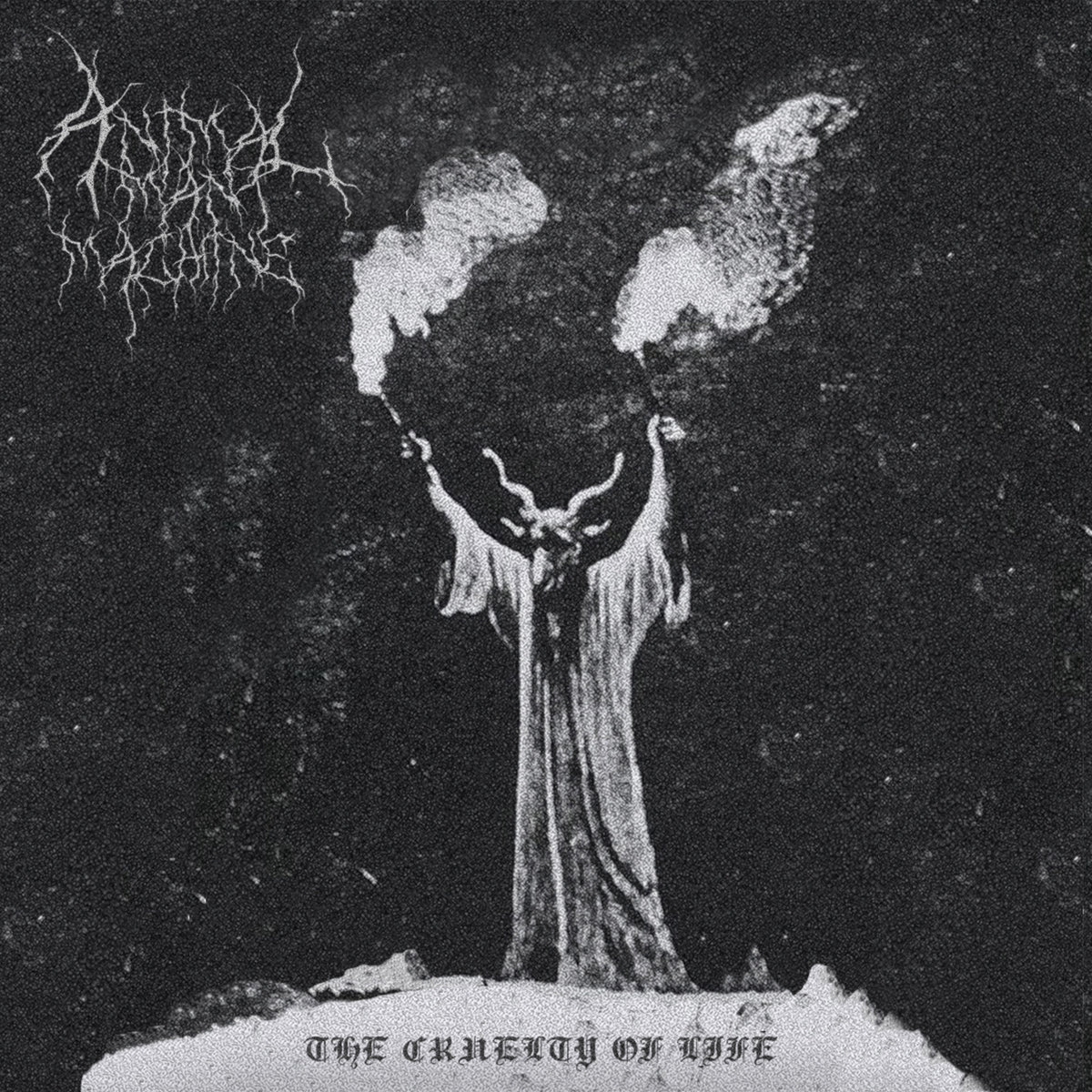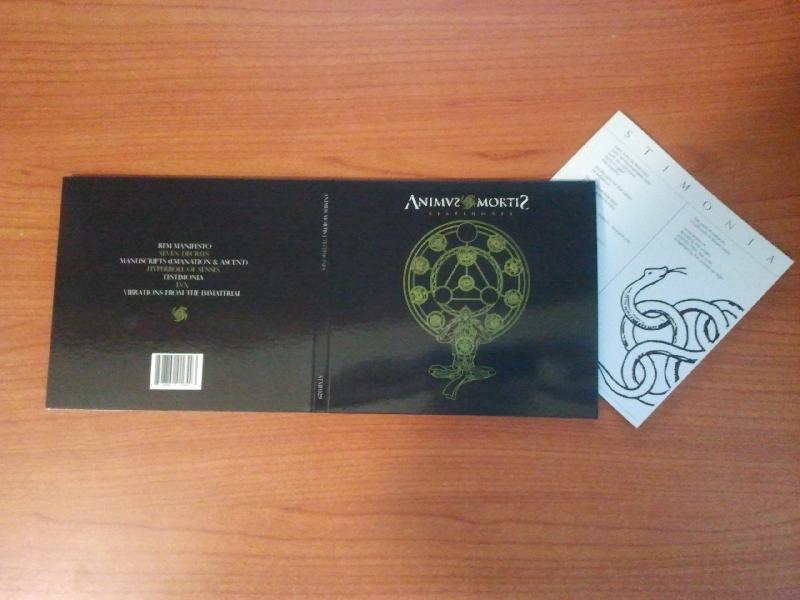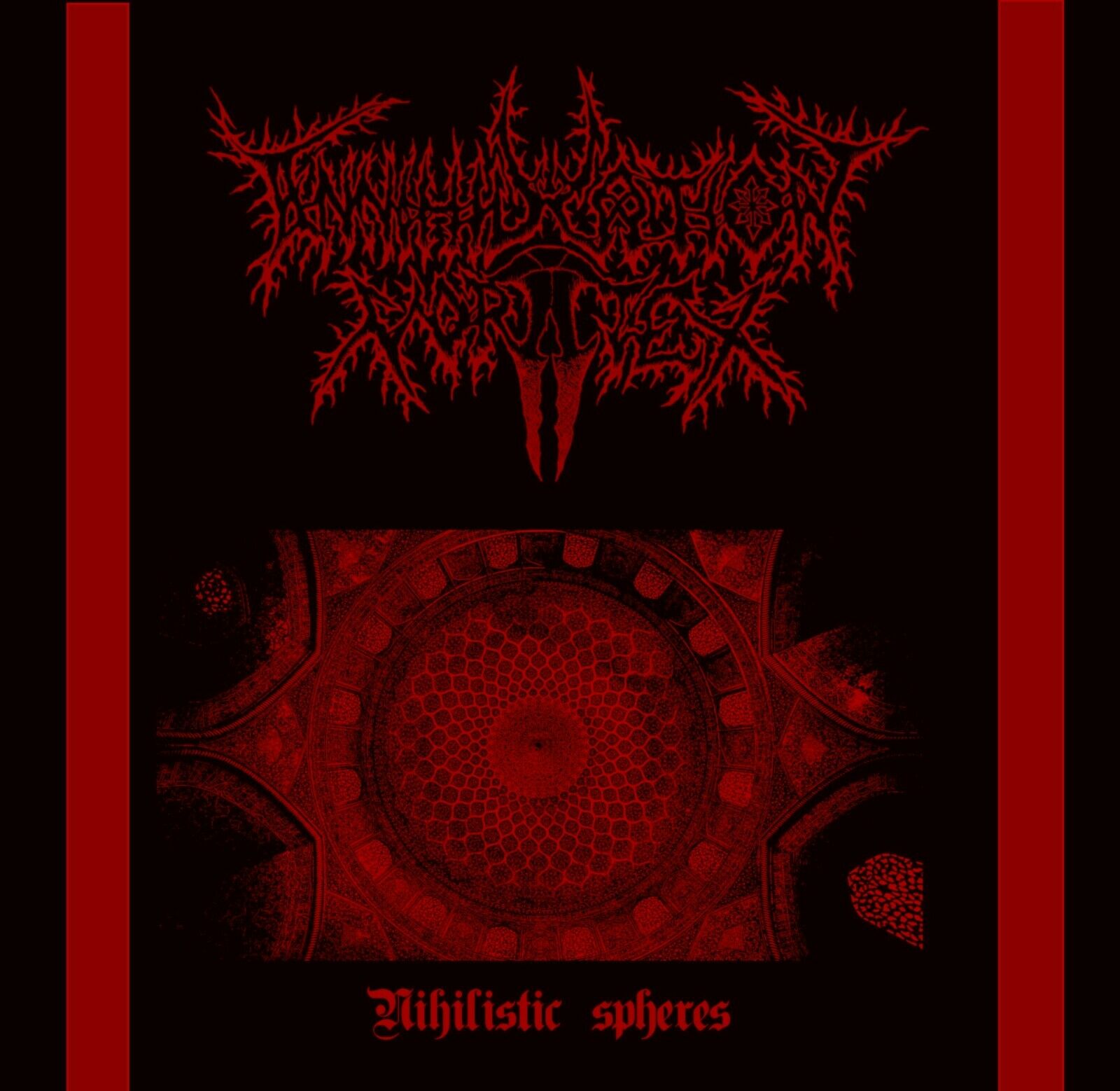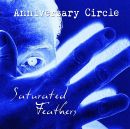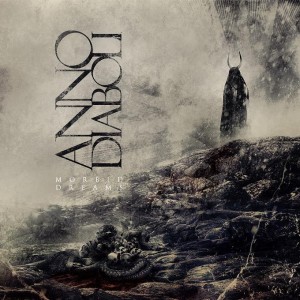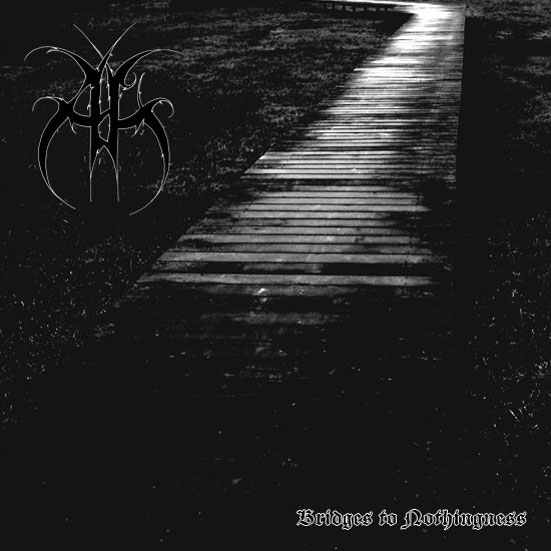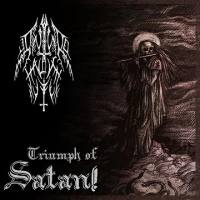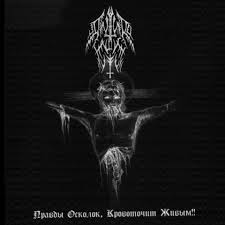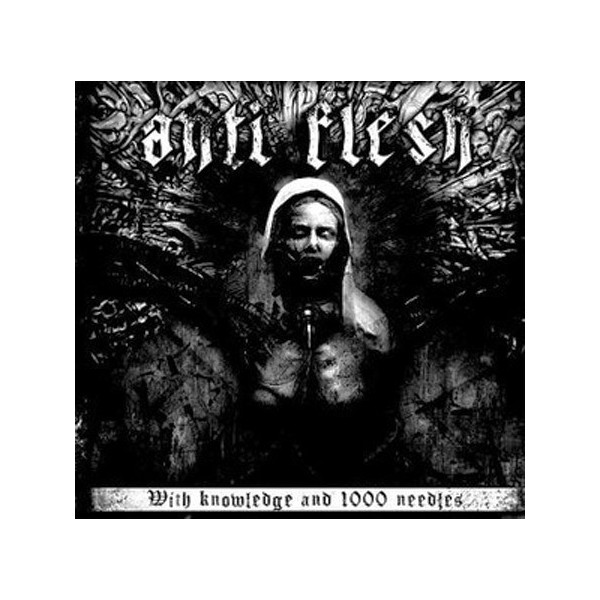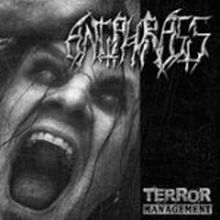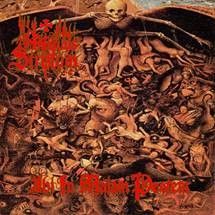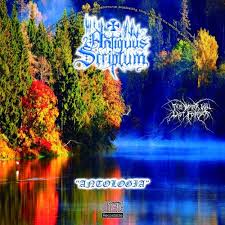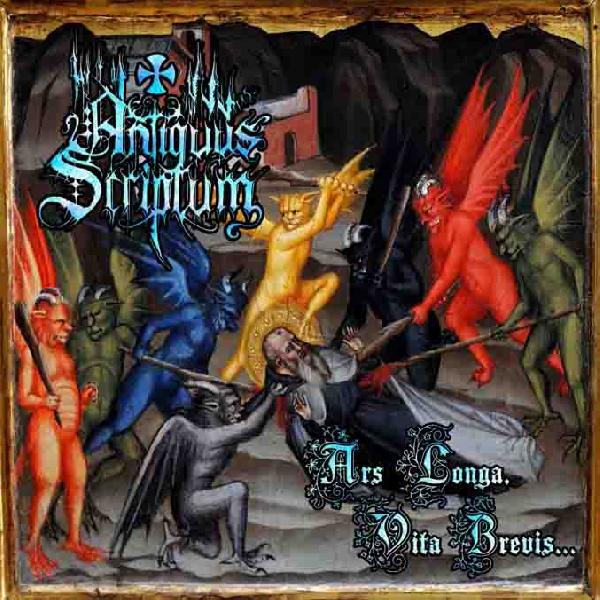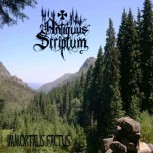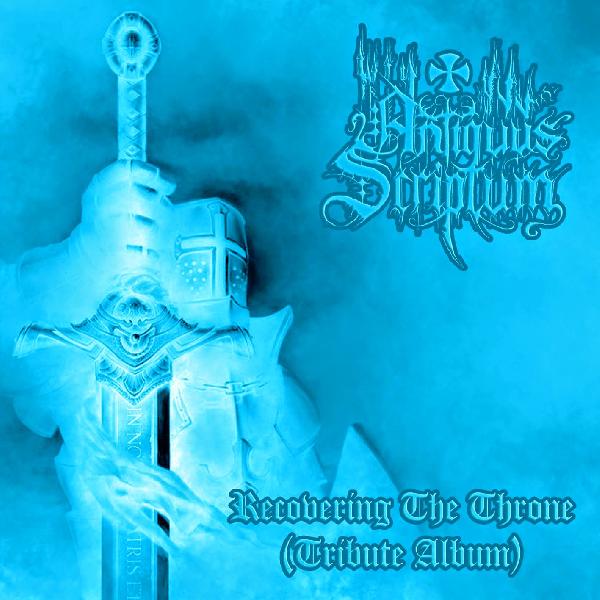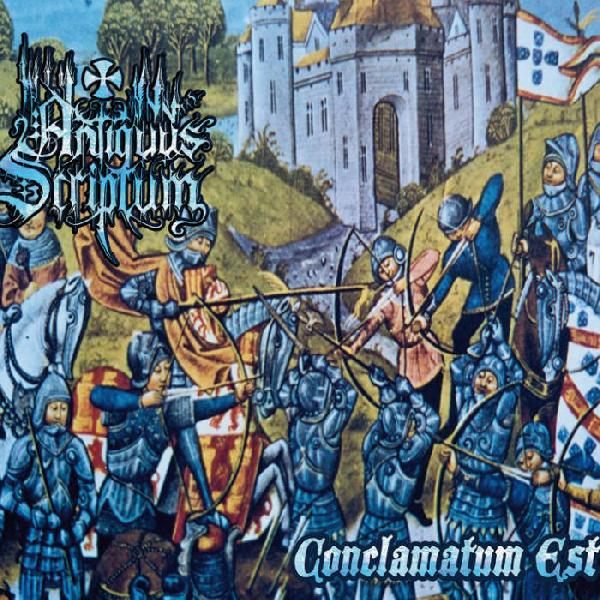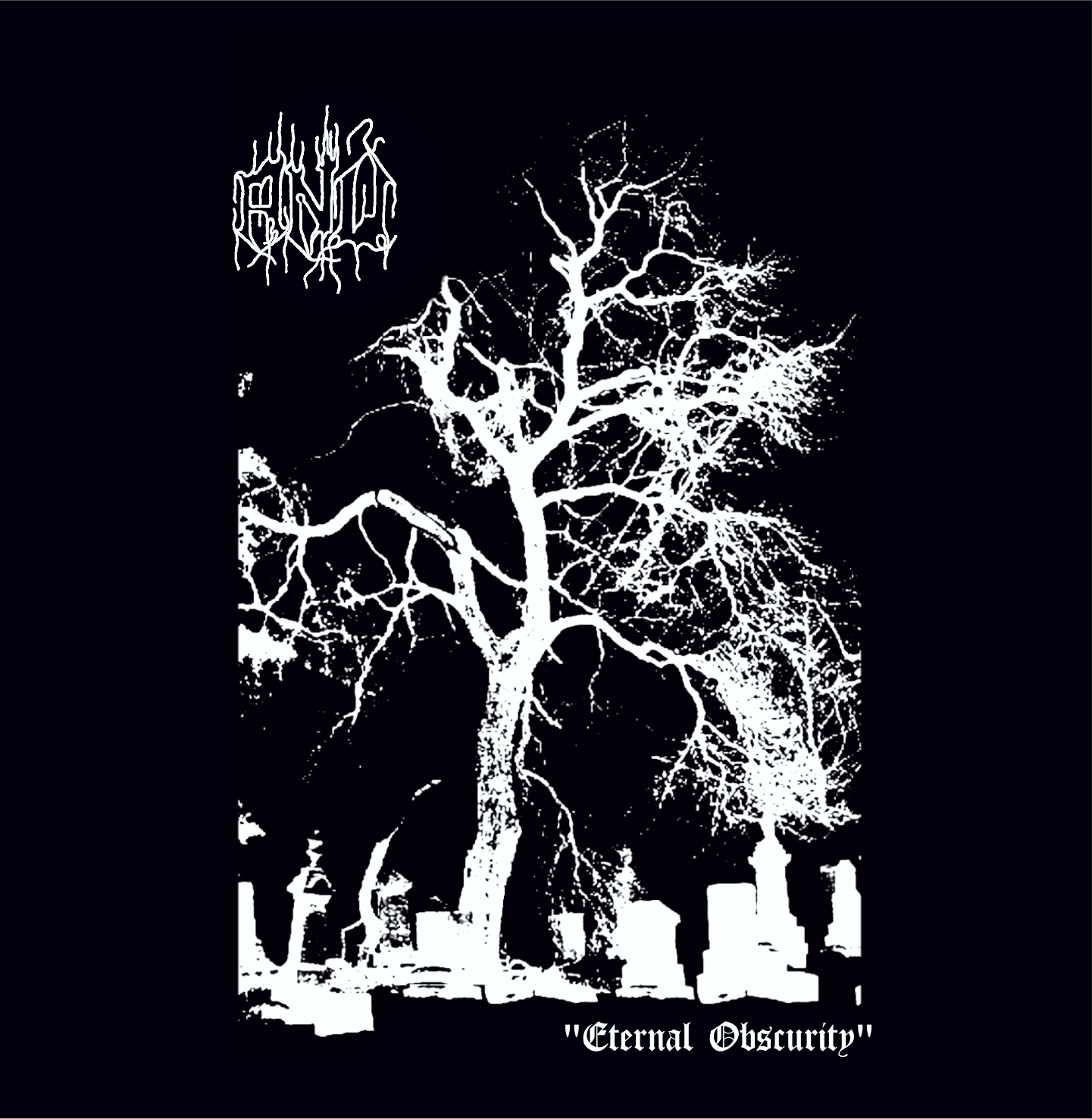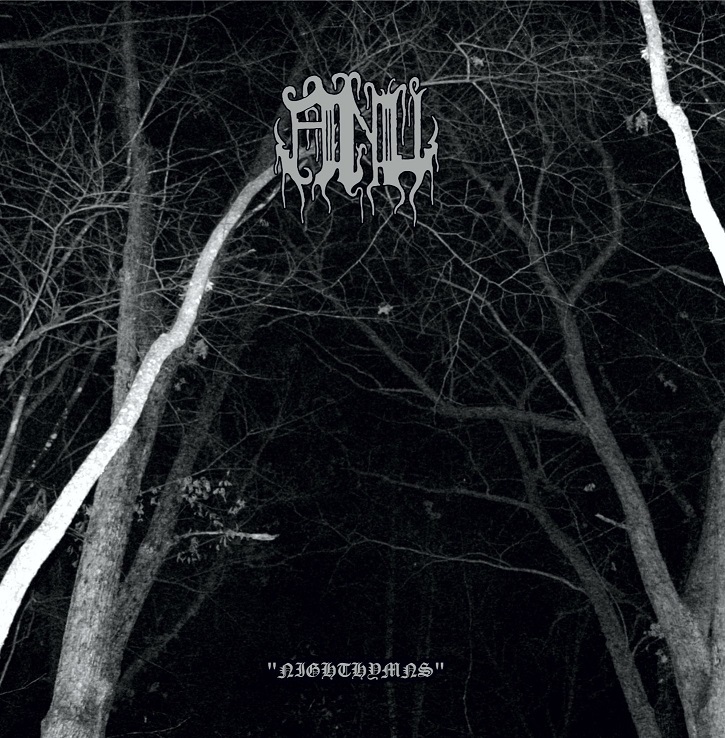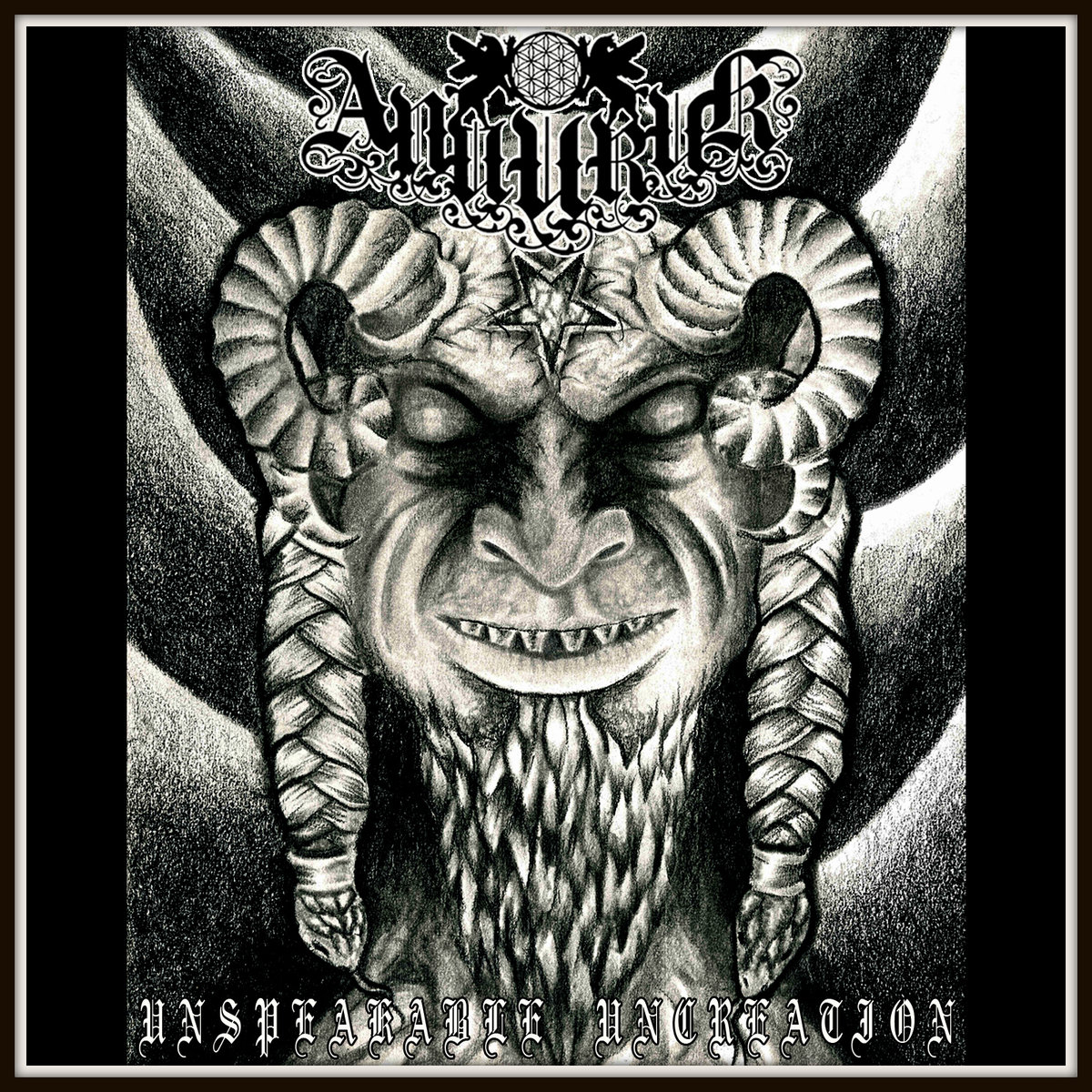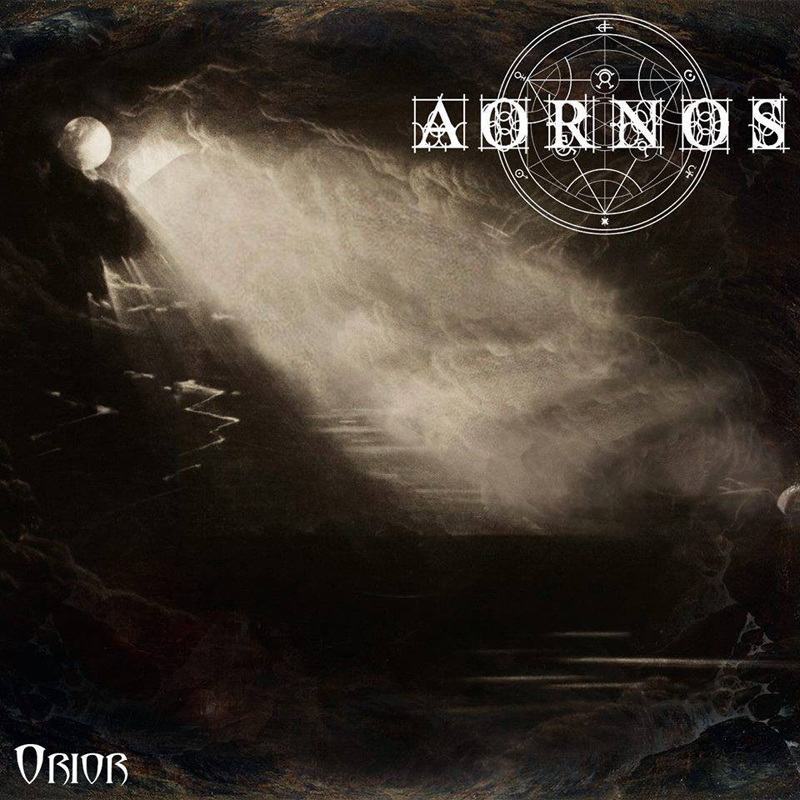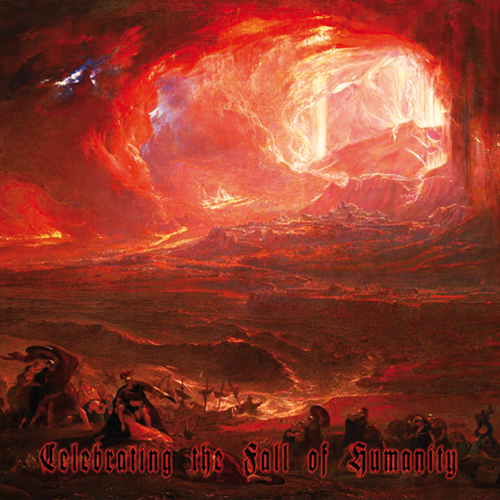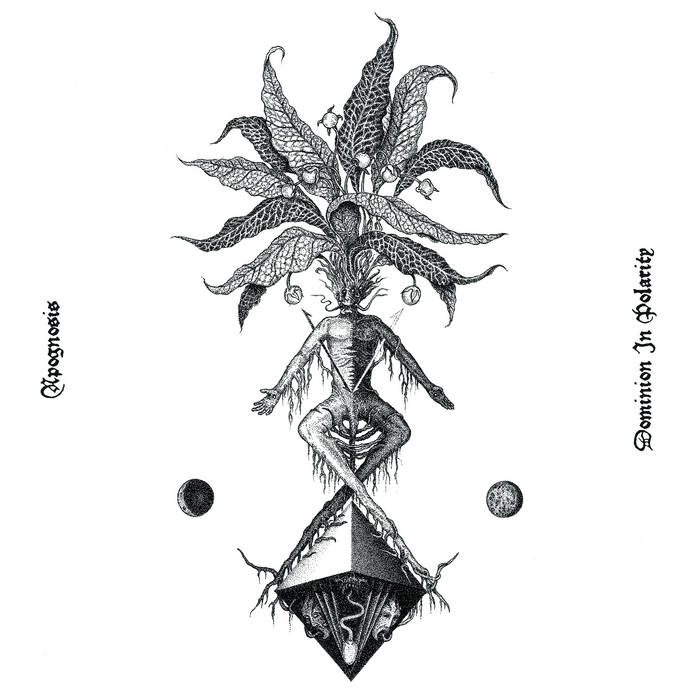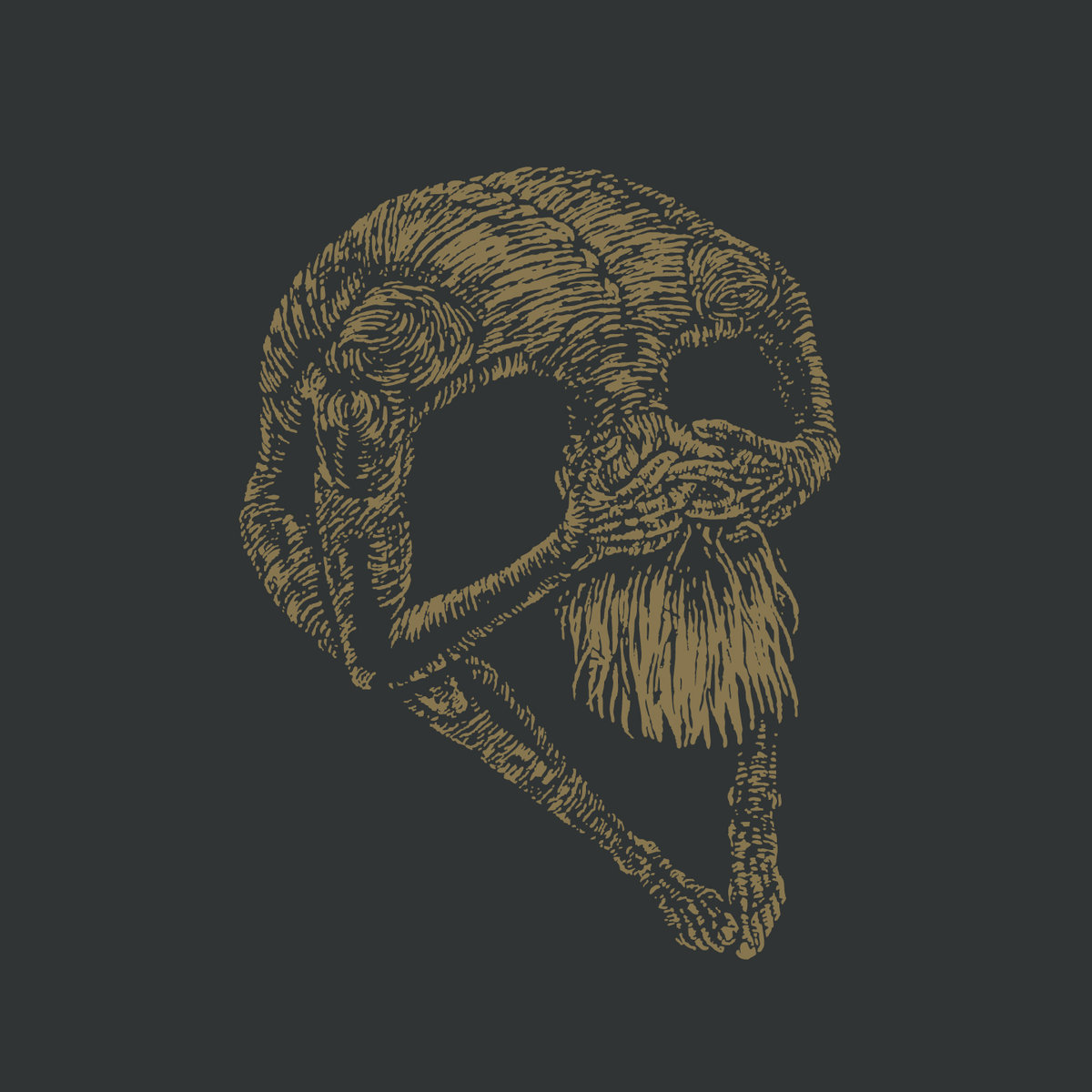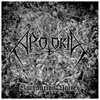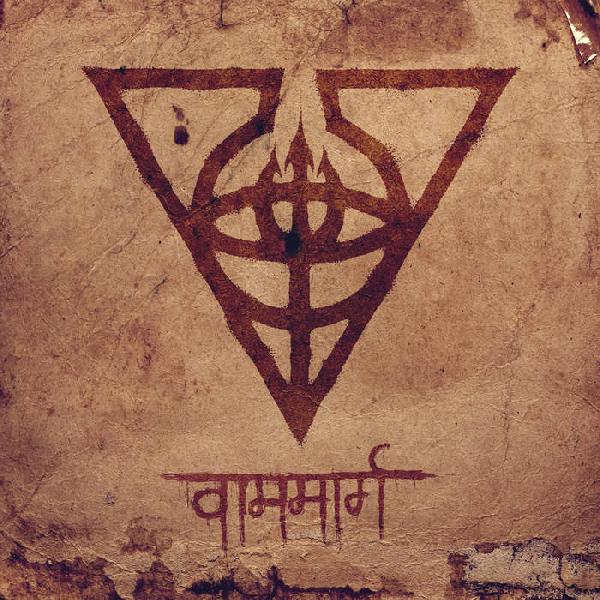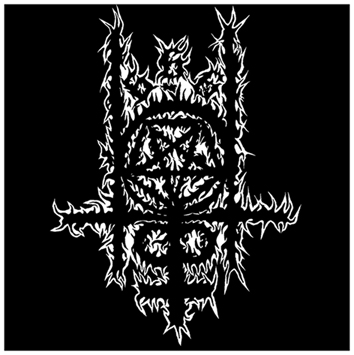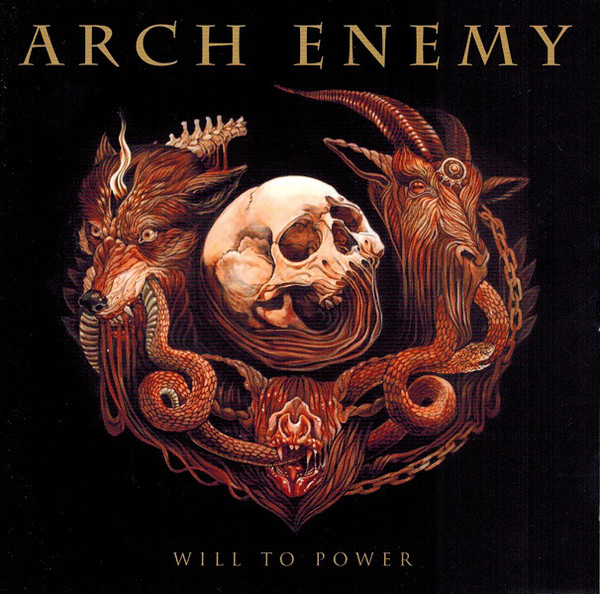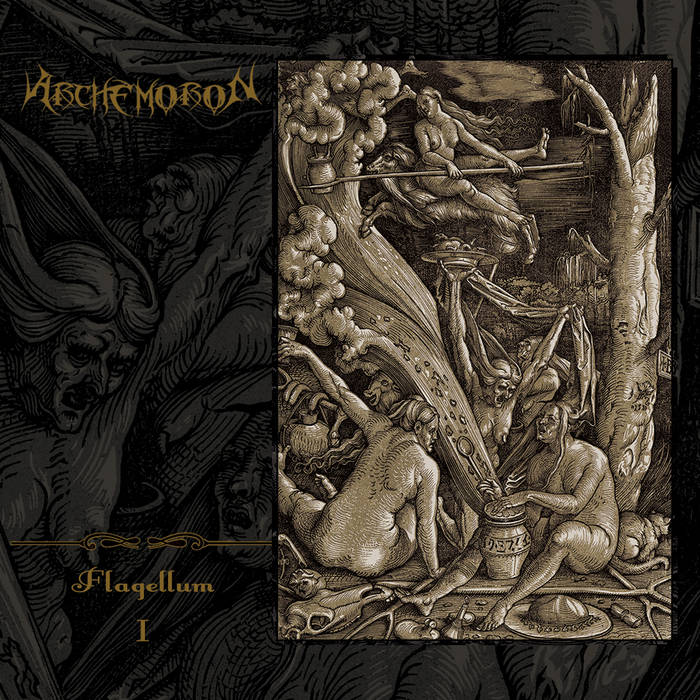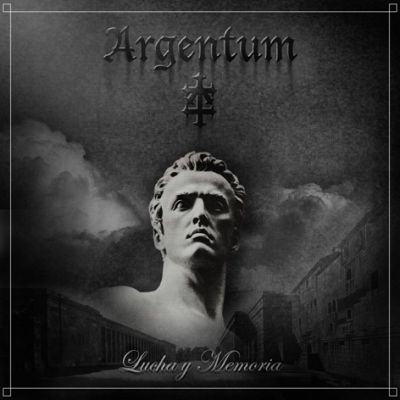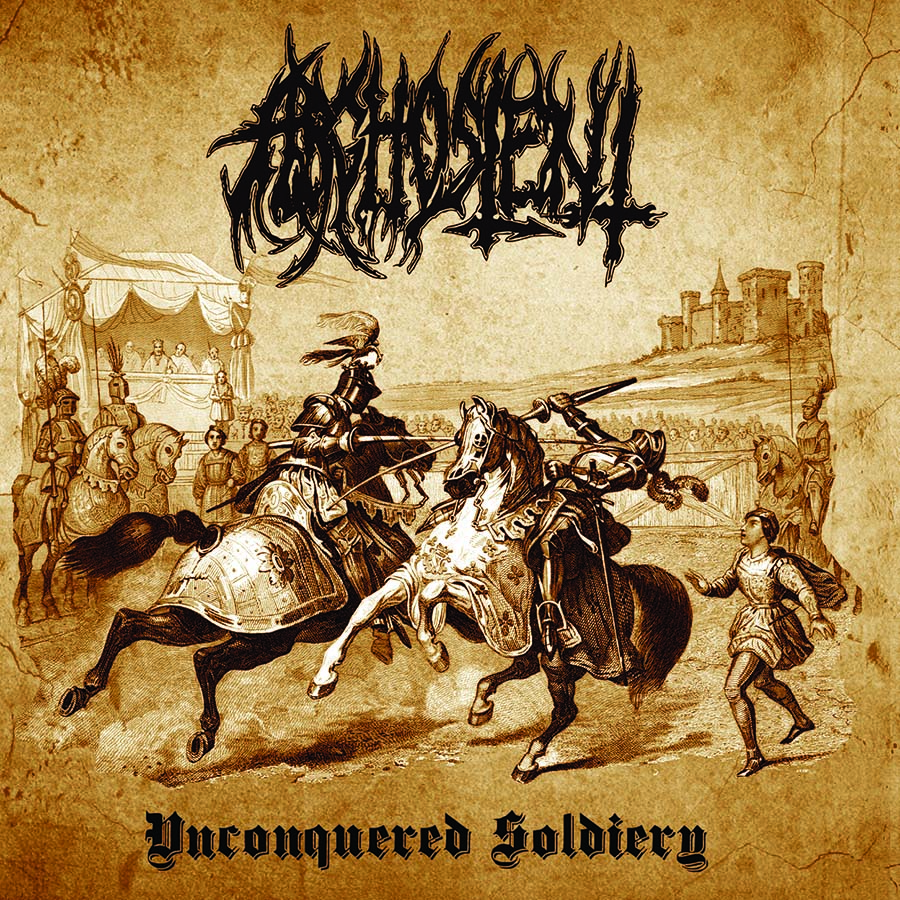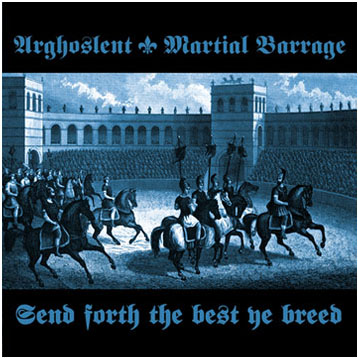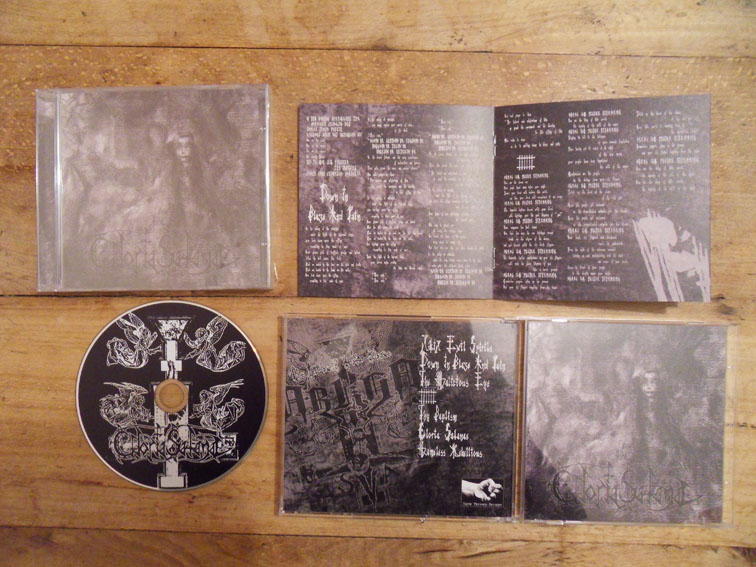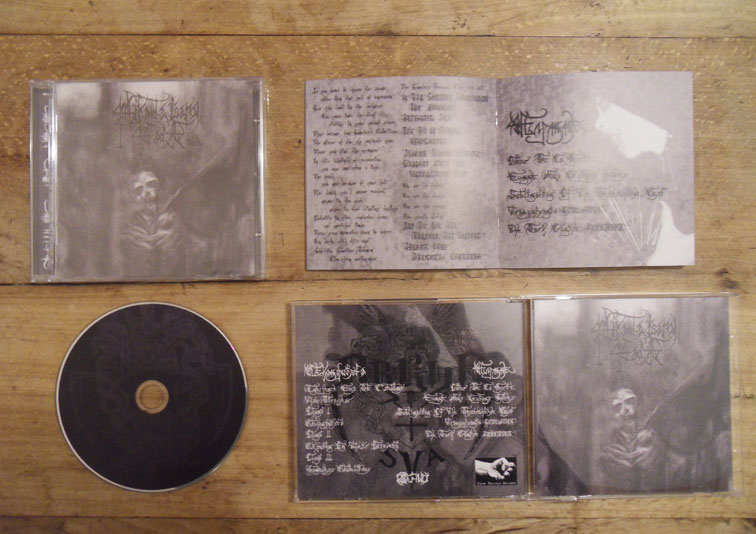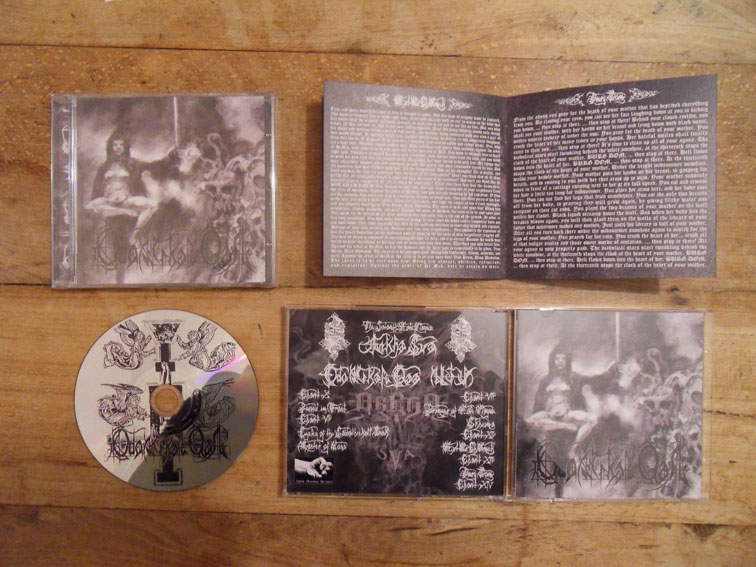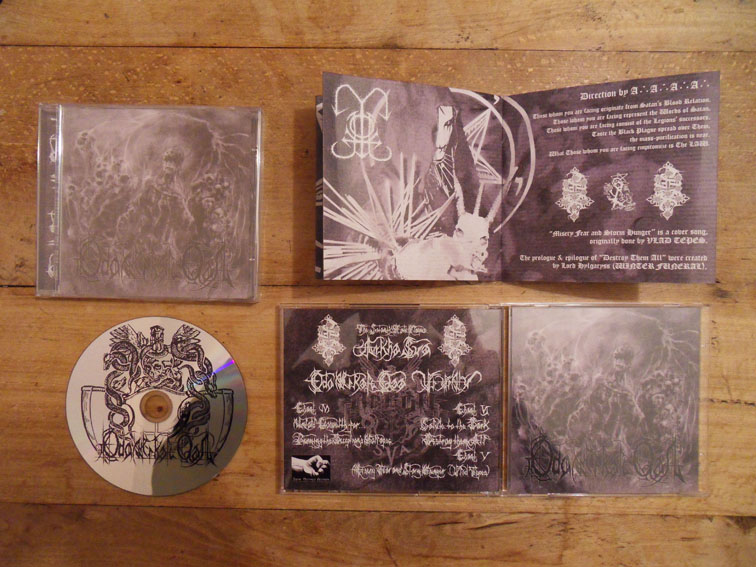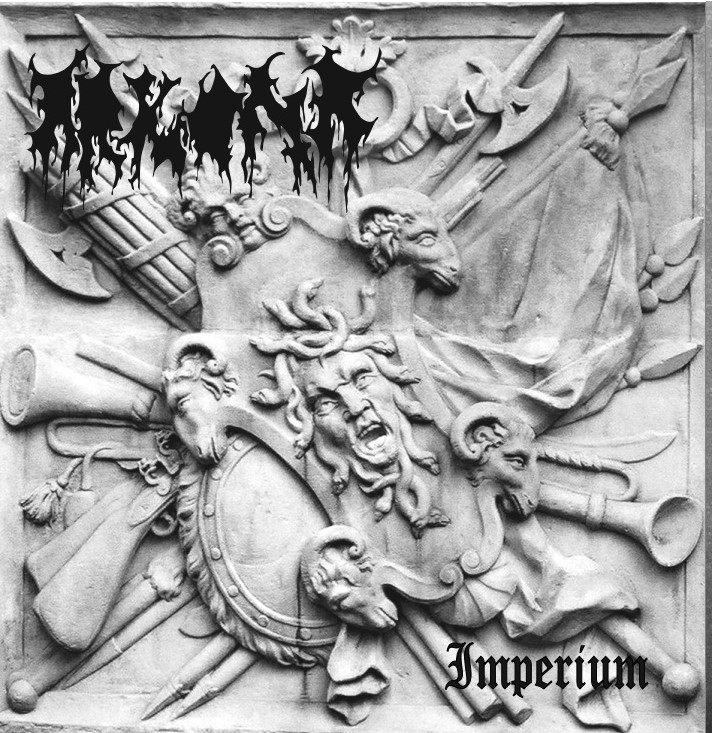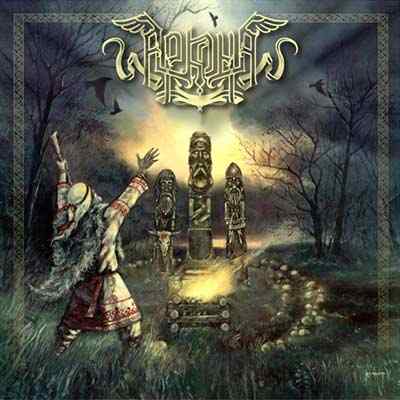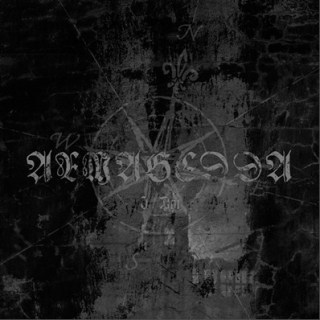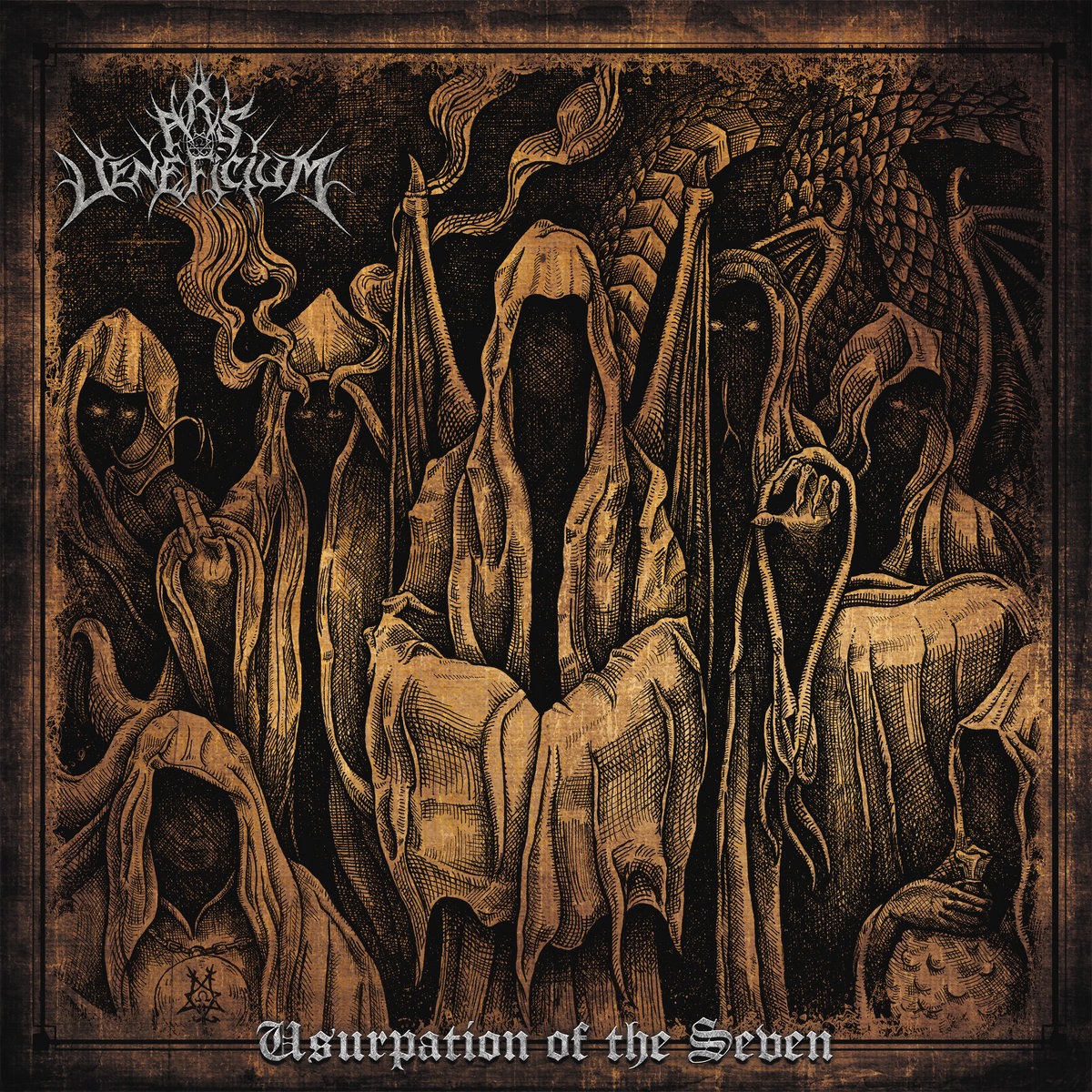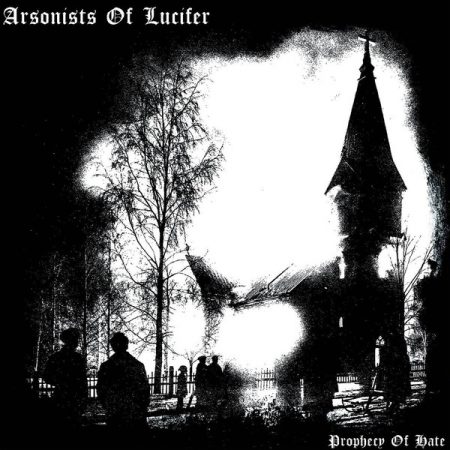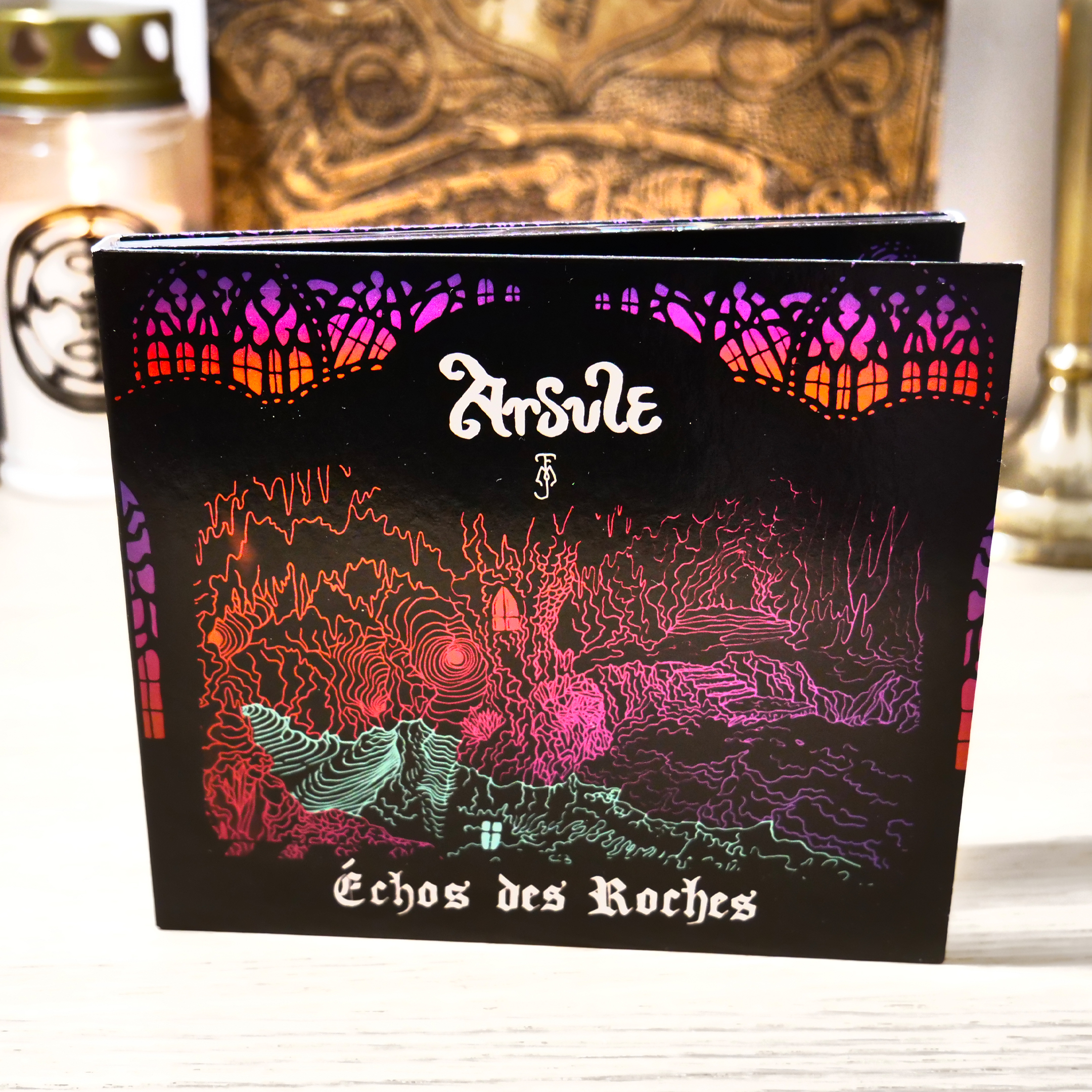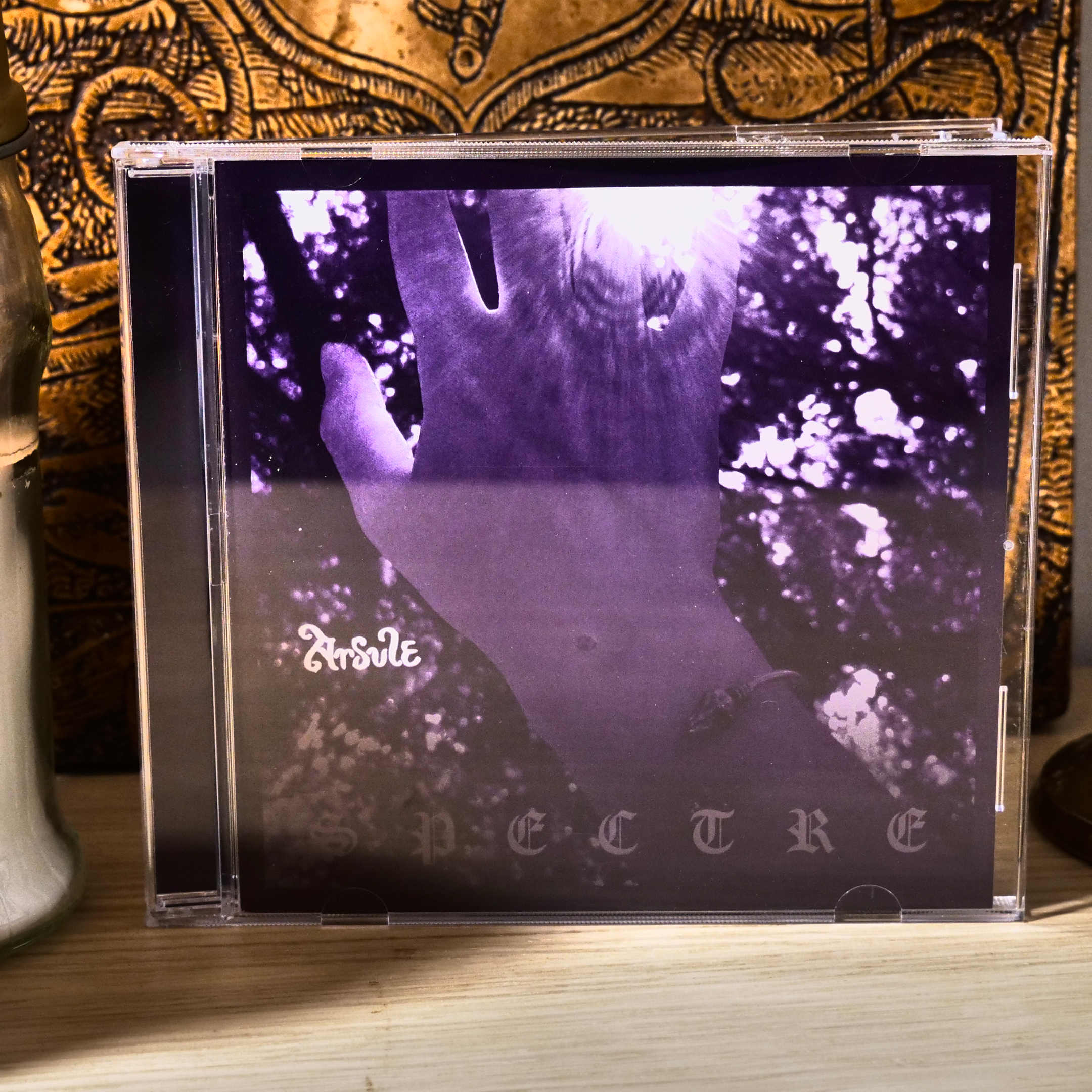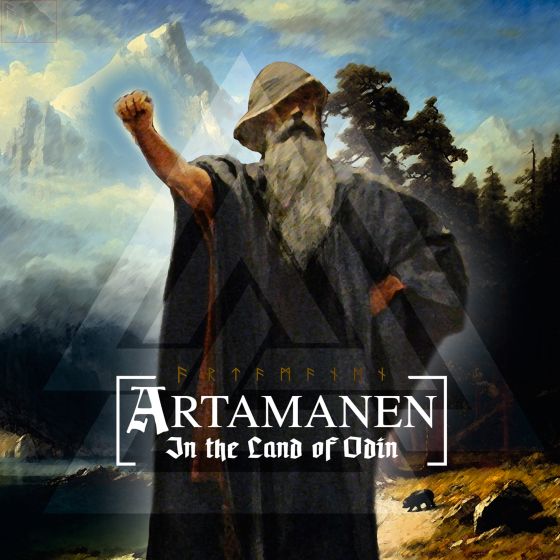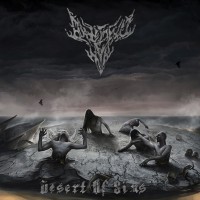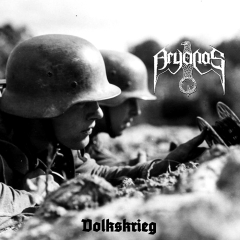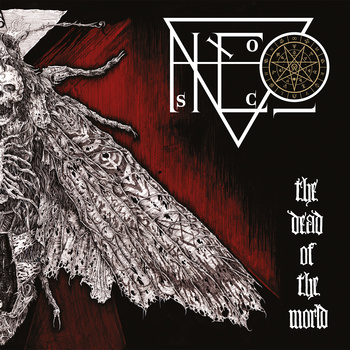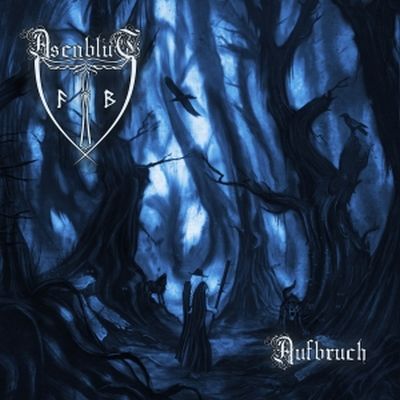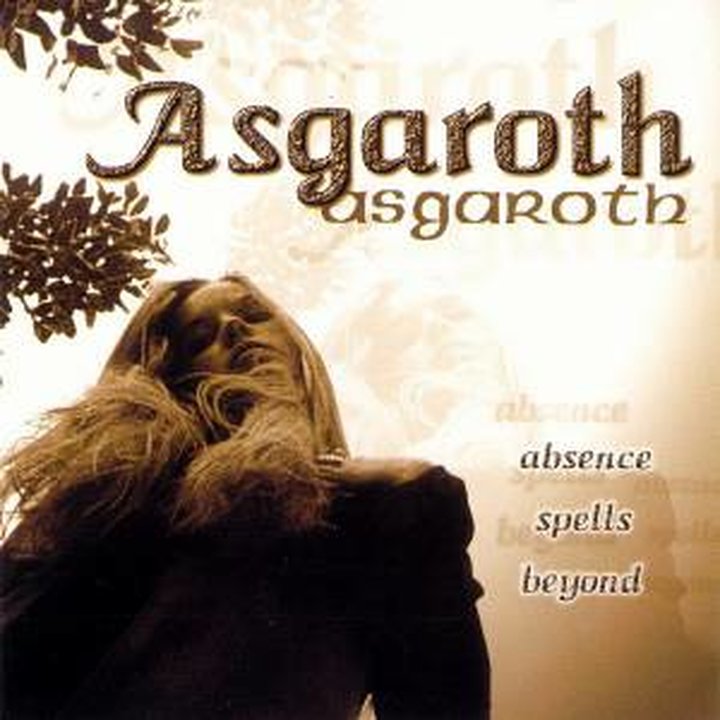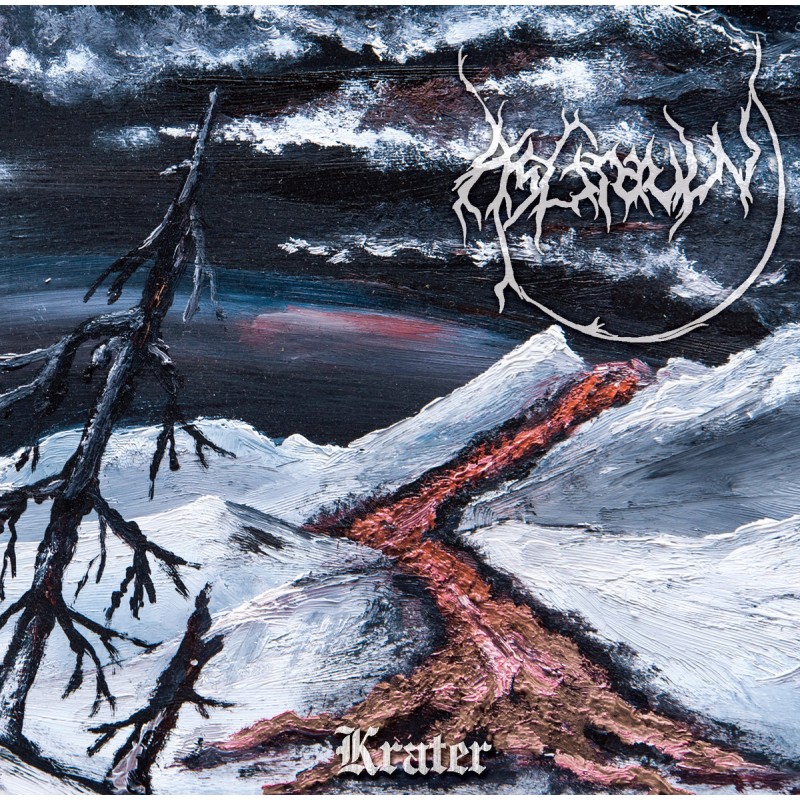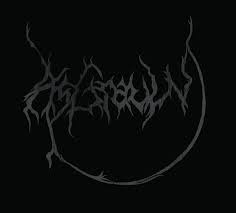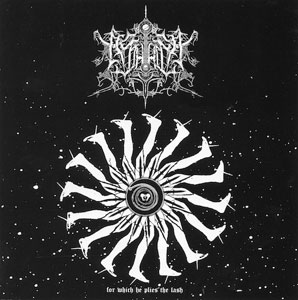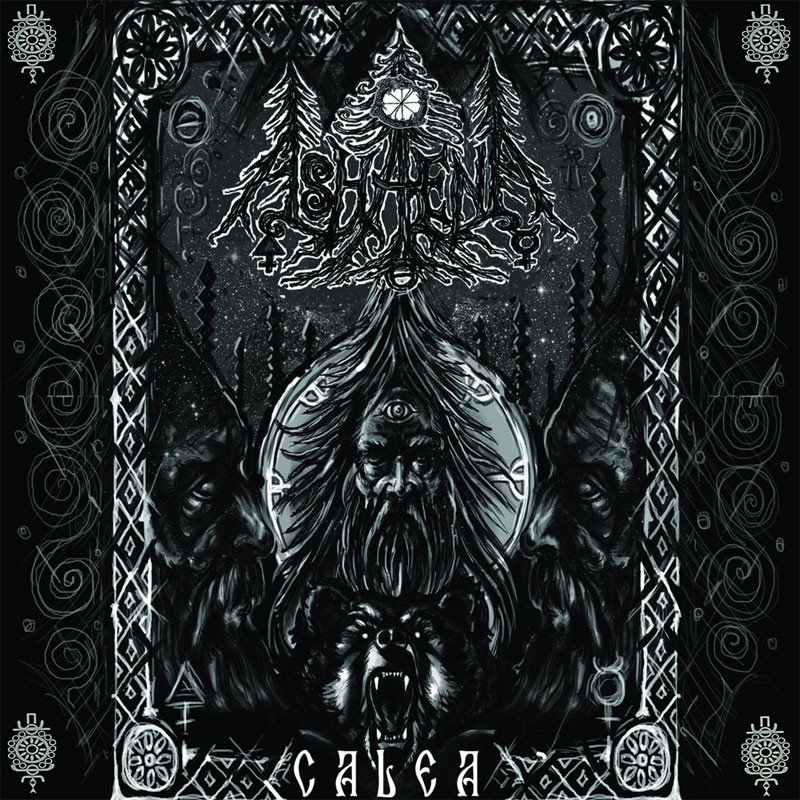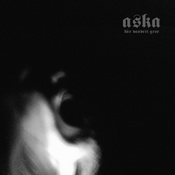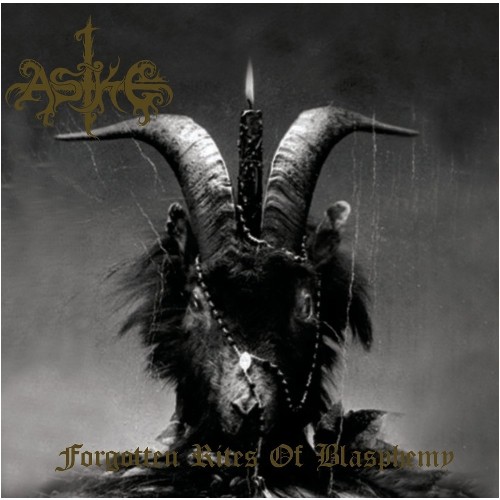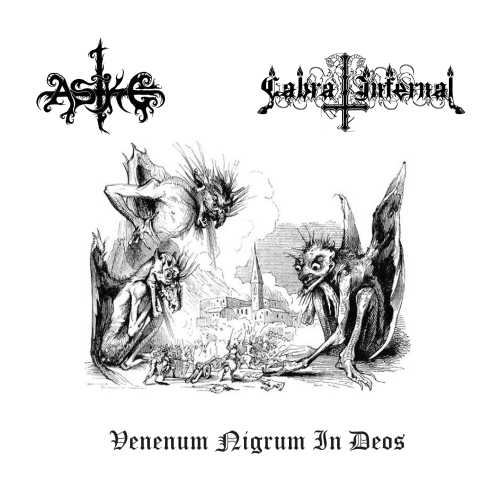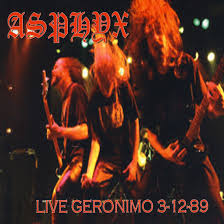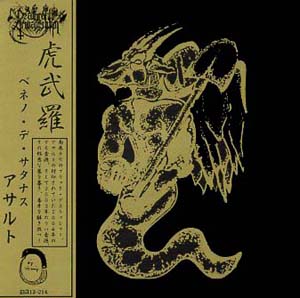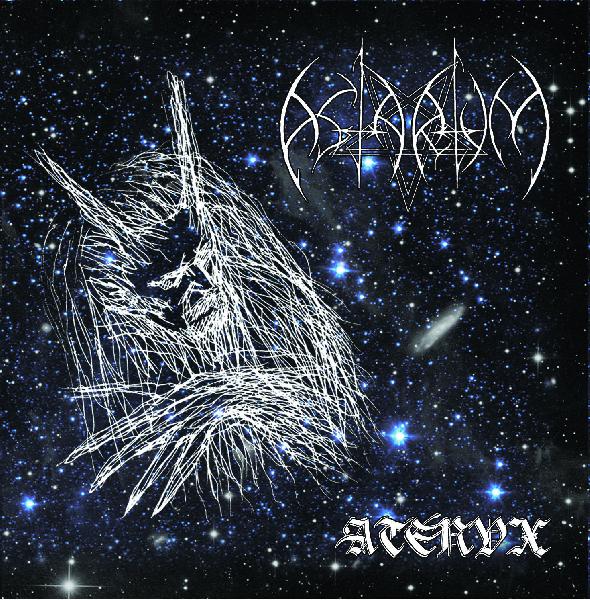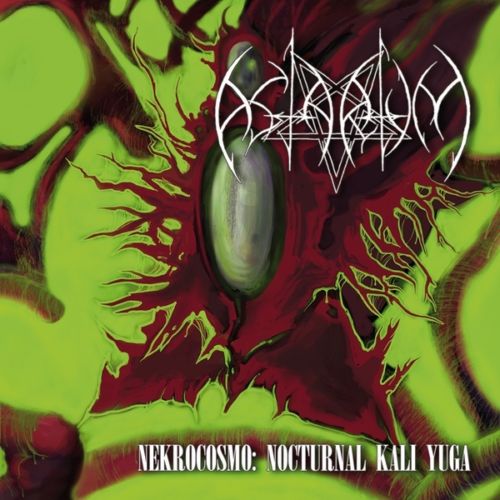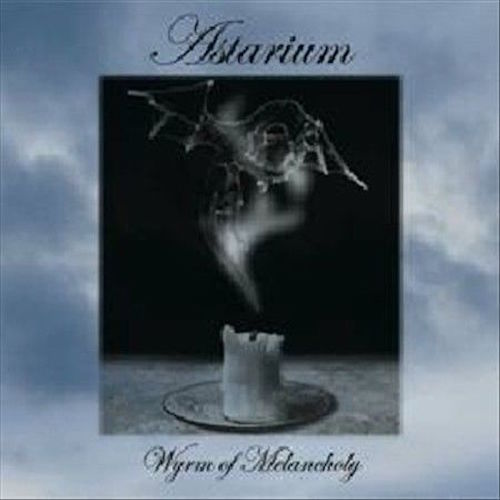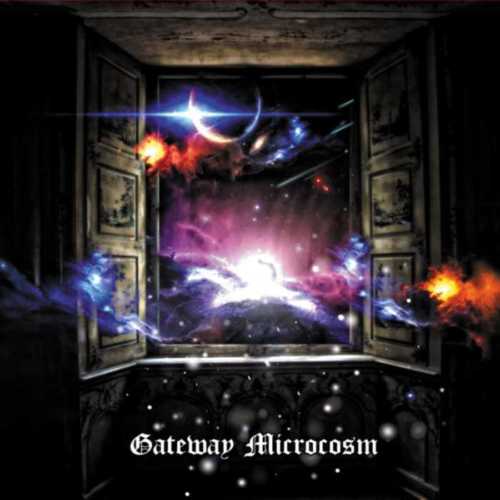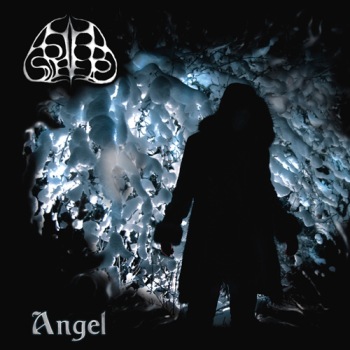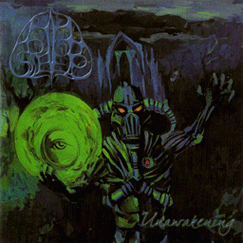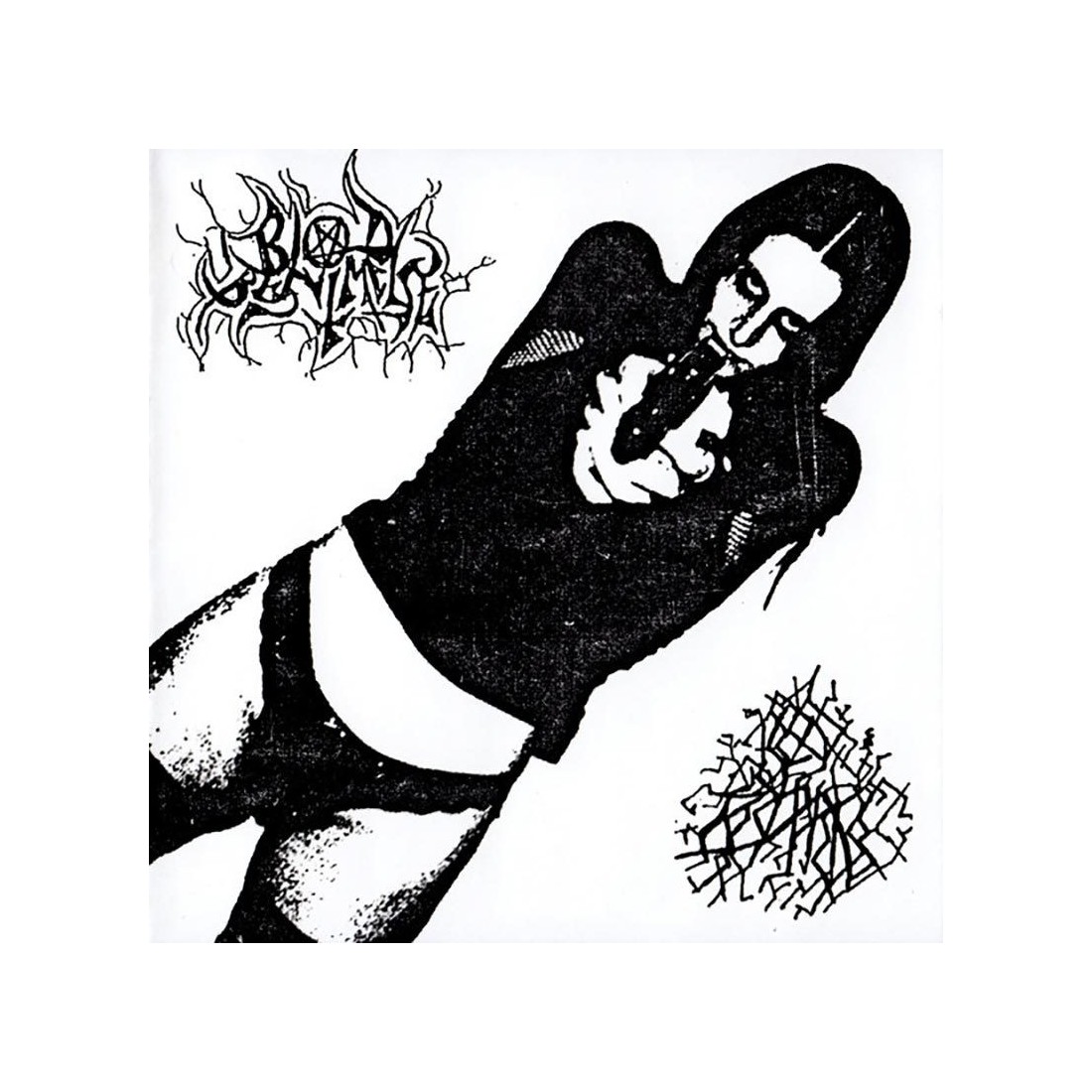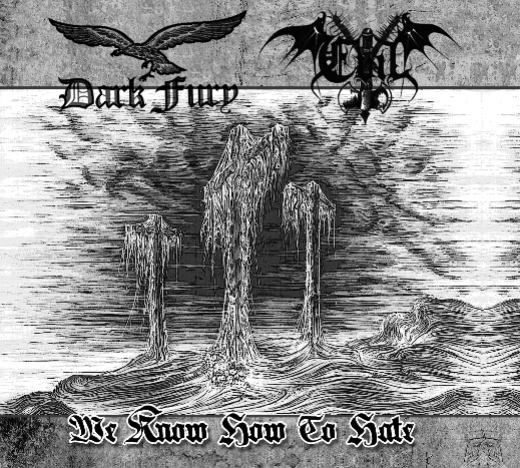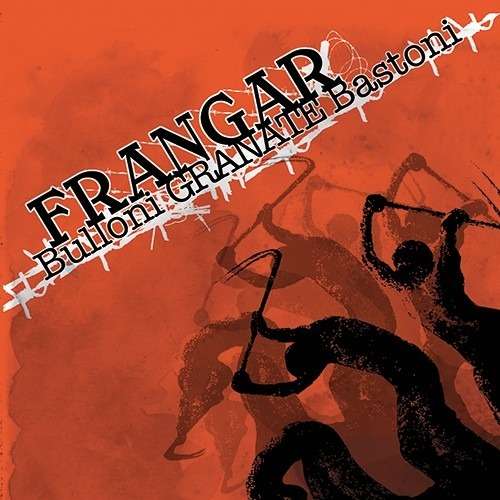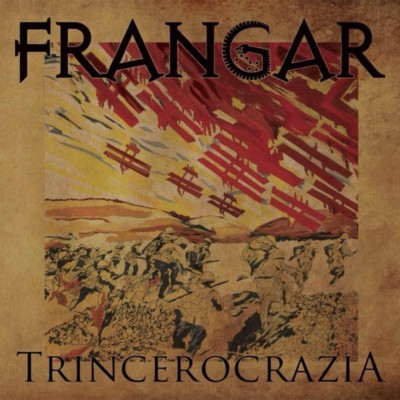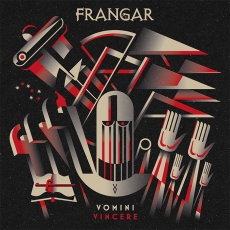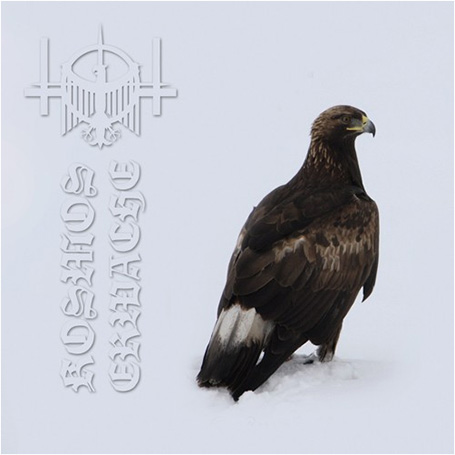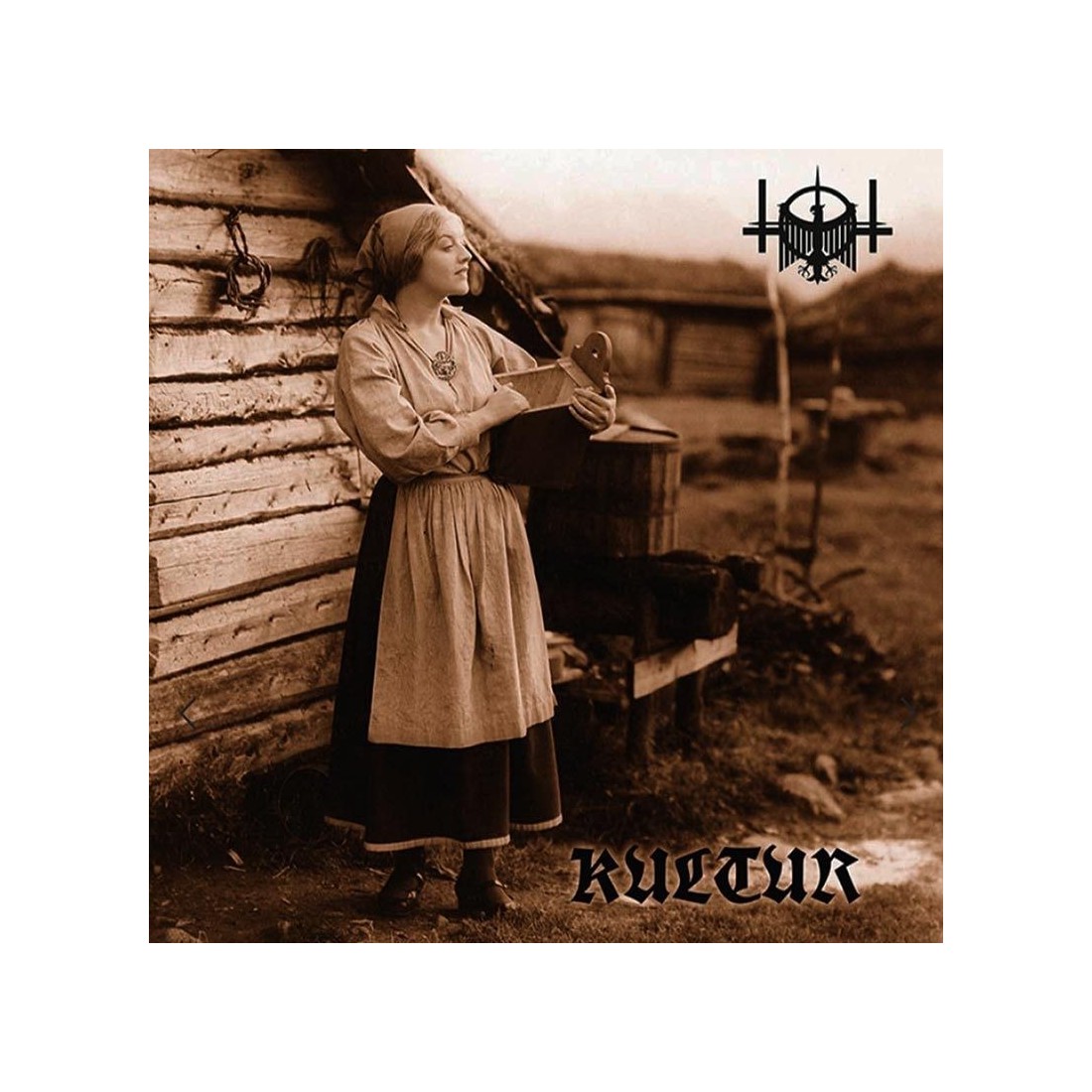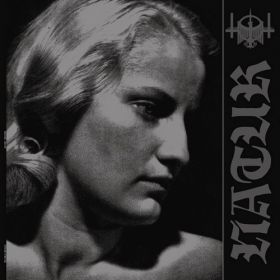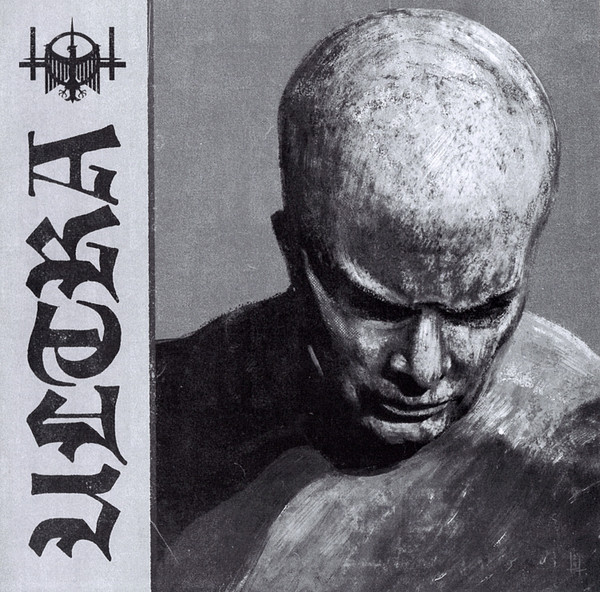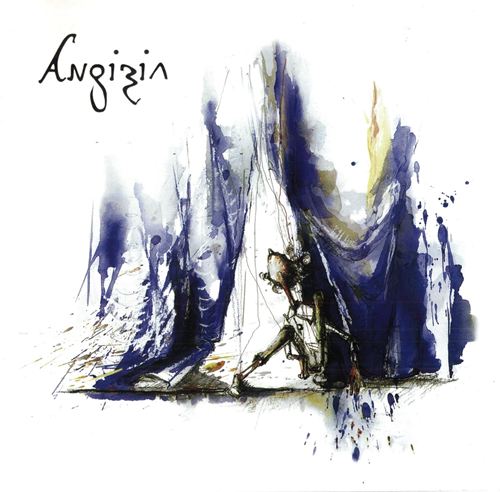A famous Queen Song chants, "It's a kind of magic". This is the very adequate expression to deliver the impression of Angizia's music.
It takes a lifetime to describe a world. It takes an unbelievable amount of words to even start exploring and illuminating all the corners of a world. If so, how can I be so pretentious, trying to define and tell the fantastic Angizia worlds? All derives from the same reasons, which makes a man turn into enthusiastic missionary – that particular passion towards the amazement of music and what it brings. Due to this, I let myself feel the joy of presenting some of the enchantments of Angizia.
As said countless times before, every Angizia album is a world by itself, hence that ensemble knows no boundaries, whether using elements of almost every performing art in order to explore the essence of storytelling and the unlimited ways of awaking it to life, through theater, opera, and folklore show and even with some guidelines of a musical. Even the magnificent artwork in the booklet is a vital part of the holistic art experience this ensemble offers. With the energies of a traveling Gypsy band, with the sparks of a circus, with the freedom to create with a note and a string – Angizia is irresistible.
In their fourth album, or a play, as stated on the back over, Angizia enlighten a world that is lost, but not as forgotten as it seems – the "Judenstadt", the Jewish town, once very common throughout Eastern Europe, including Russia. A lively place, a mixture of joy and tragedy, where one can find among the colorful population a fiddler on the roof, proud milkman, dancing Yeshiva boys, laughter in Yiddish and Klezmer voices. This is the background and decoration of the album, Starts in Lemberg, today Lvov, Ukraine and ends in Königsberg, once eastern Prussia and today Kaliningrad, Russia.
The variety, in which the musical approach basks in, is bewildering – it seem as almost every musical genre is taking part in this lively and colorful orgy, spawning almost a new genre. Indeed, it is tempting to crown this achievement as a genre itself, yet one must remember that such a striking uniqueness does not serve as a torch in front of a flood, rather speak for its own creators. Maybe a random list of the instruments played in the album will assist to form an idea of this carnival: Piano, accordion, violin (somehow of a Jewish instrument, who leads the traditional music and hence emerges naturally from the "Shtetl". Just think of Yitzhak Perelman’s troubled violin), violoncello, clarinet and tuba, along the traditional rock instruments such as guitars, bass and drums. If this didn’t help, why not imagine a huge cauldron, in which babbling, boiling rock moments with metallic edges, operatic movements, a whole lot of ever-changing piano, multi-culti-folk waves, Jewish music, classical rhythm, the insanity of a puppet-show and many other elements and surprises, waiting to be discovered in careful listening. The music also changes quite rapidly, from up-tempo beats, cheerful and festive, to more slow and melancholic vibes, emphasizing the dramatic structure and livelihood of this creation. This is not metal, however, aside little reminiscences we can track along the way, but rather a new entity who nourished from it, upgrading to a new level of musical understanding and ambitiousness. I can think of only one band, which probably has been a tremendous influence of the gang and also share some of its muses, namely Devil Doll, presenting vast musical landscapes and theatrical attitude.
As mentioned earlier, this is a play, a chronological legend in three acts with an aroma of a folk tale, with a protagonist, bizarre characters and cinematic landscapes. Generally, it tells the story of a Jewish Klezmer musician named Elias Hohlberg, which set off to Bolshevik Russia in order to bring some enjoyment upon the plain people, in between world wars and other dark menace. The album name is quite implored of the destiny of its protagonist, yet we discover in the next effort that we should never say never.
It is, a theater in a CD, hence the vocals – each of the singers, collected to make this vision alive, is aware to the acting qualities required and reflecting through singing, granting vivacious life to the specific character. Along the permanent vocalists, the passionate Michael Haas (the mastermind of the project, who wrote the play and the Libretto, and the music with guitarist Emmerich Haimer) and the Soprano Irene Denner, we can find a familiar name: Jochen Stock of Dornenreich, always bewitching. This threesome, along with the owner of a deep bass voice, Rainer Guggenberger, captured the energies and capacities of a whole theater band. If had been sang in English, I think that the play would have lost its charm. The German captures the passion of this play, granting it exotic vibe, which highlights this very European atmosphere, and I love it.
It is hard to sum up a creation like this, if only in some general words: This is a fascinating journey across a town, a cross regions and through the human soul and the abundance of music, to celebrate its spirit, the triumph of art. Magic.
* 30% Rabatt auf jede Menge Artikel !!
|
